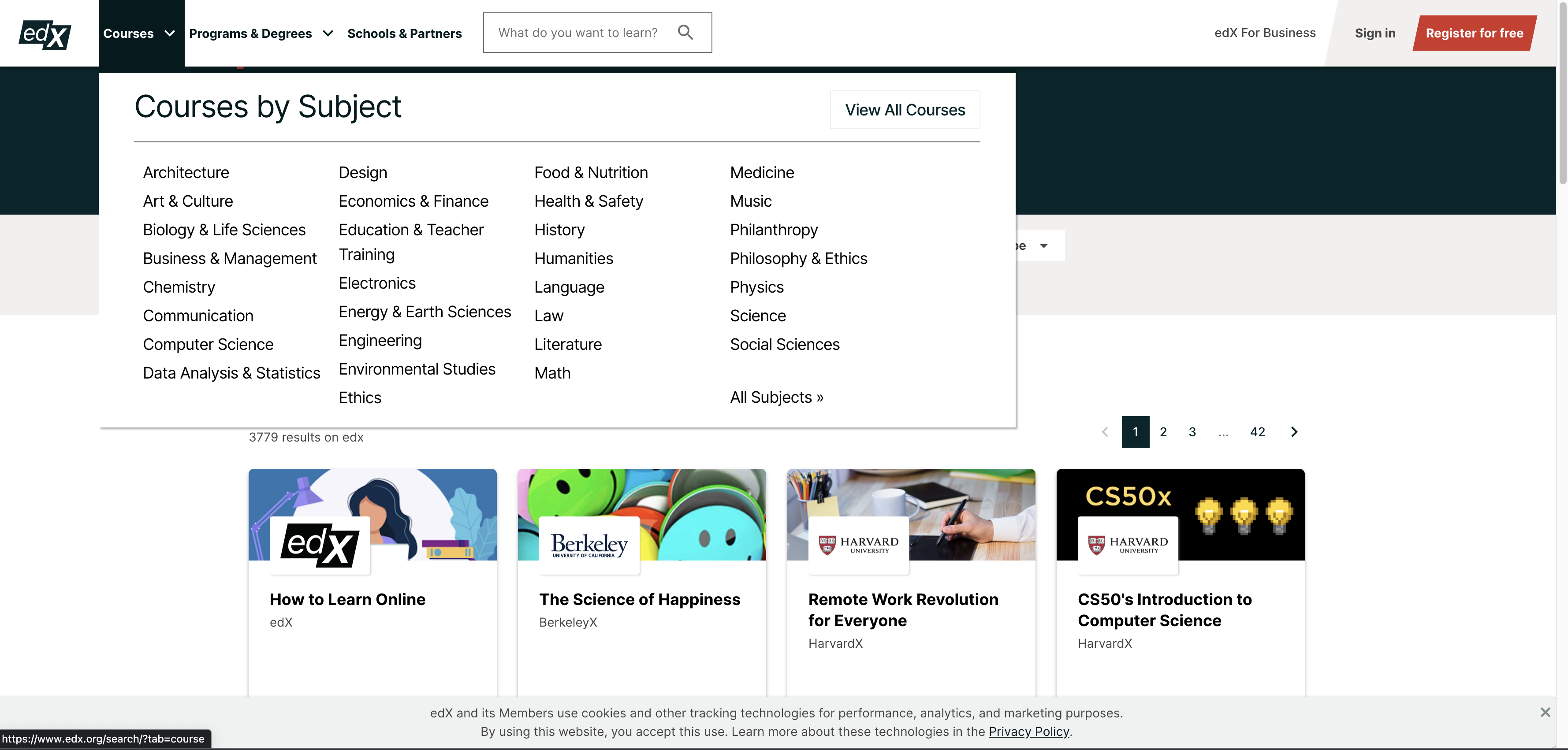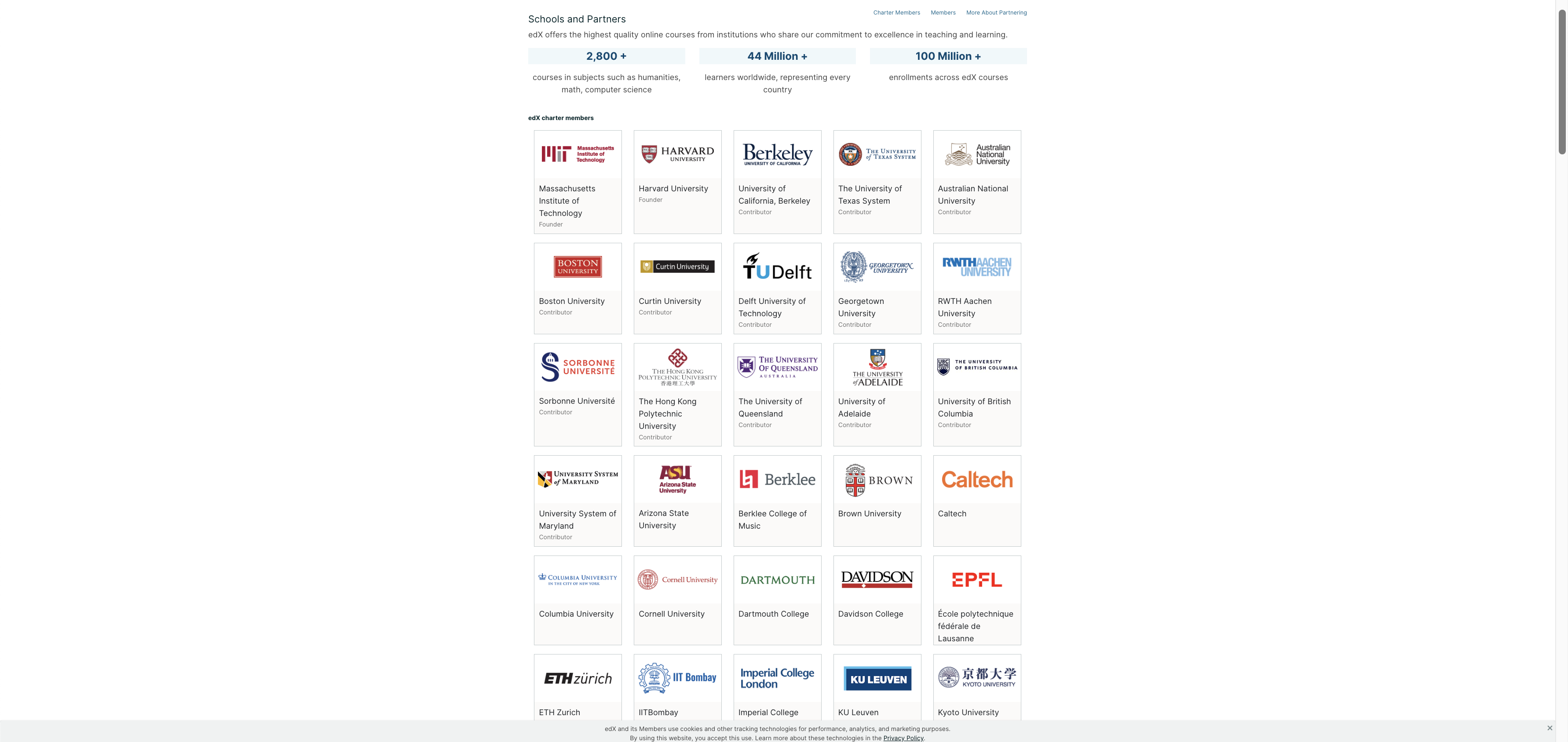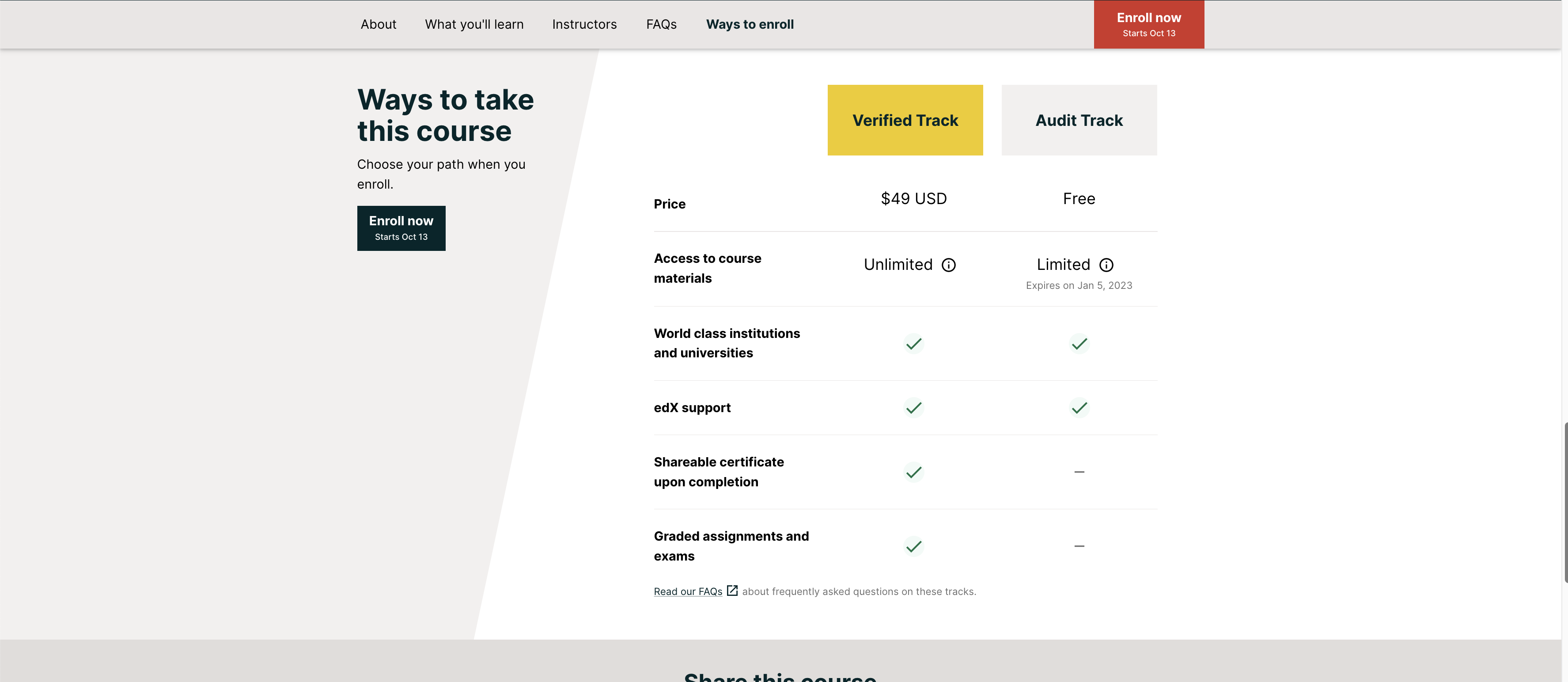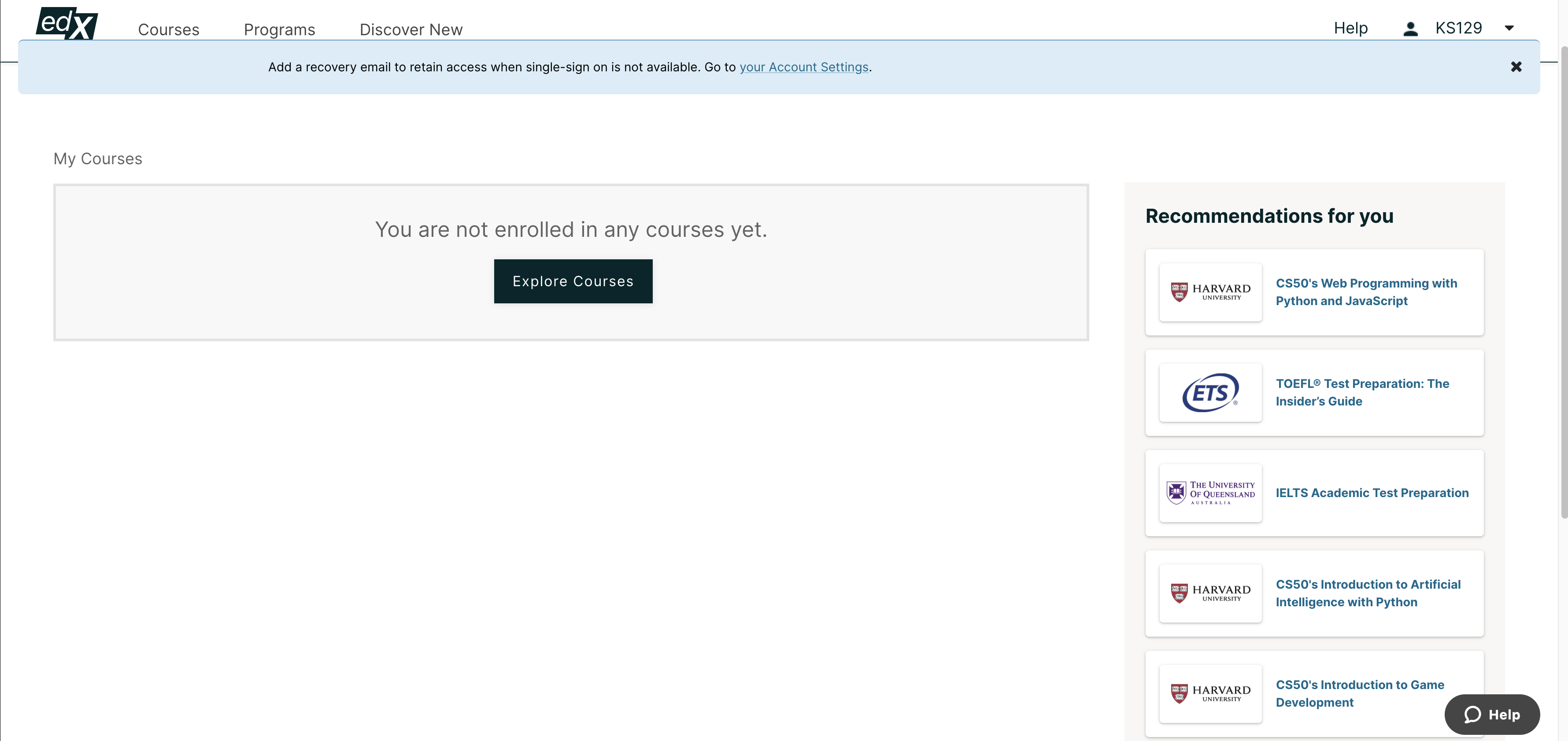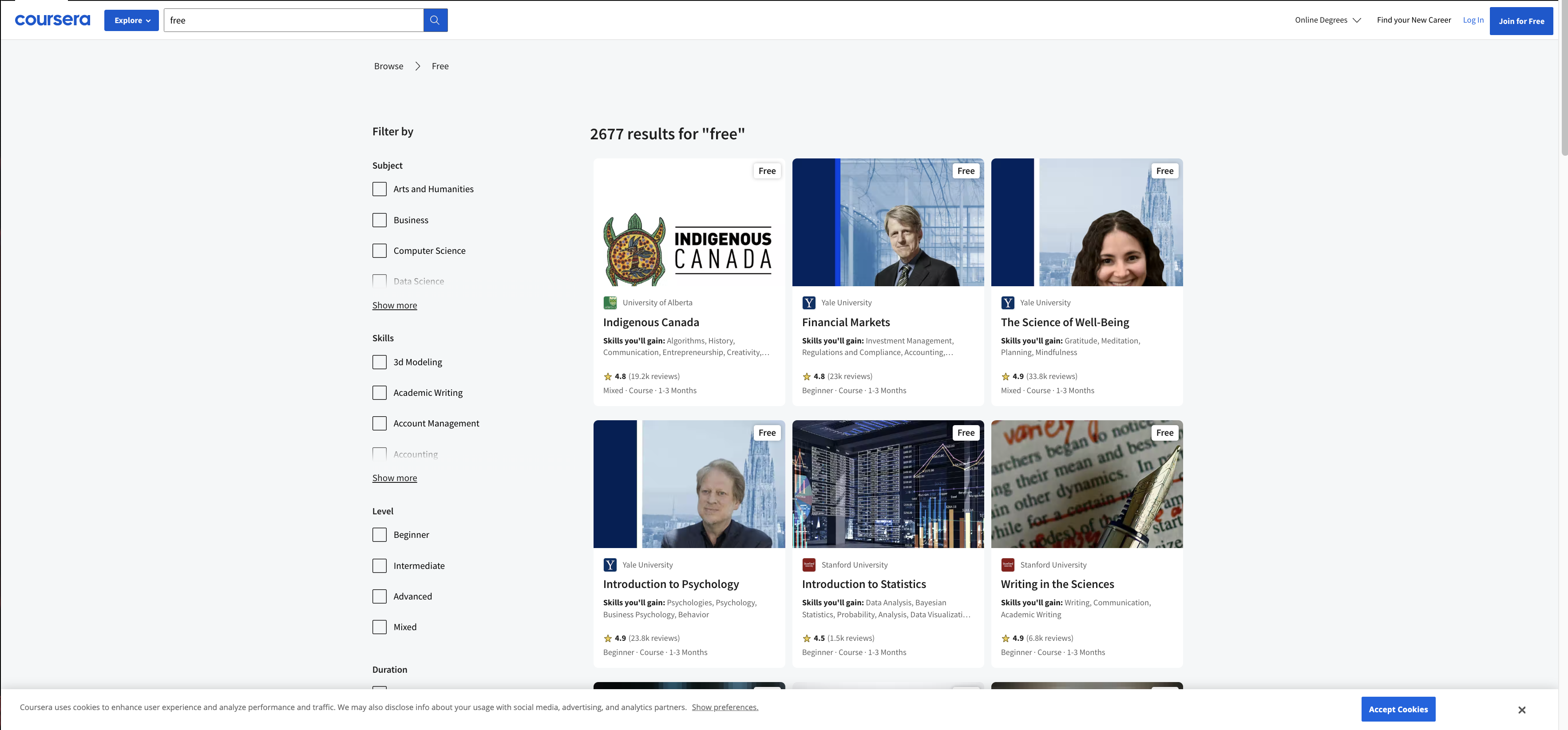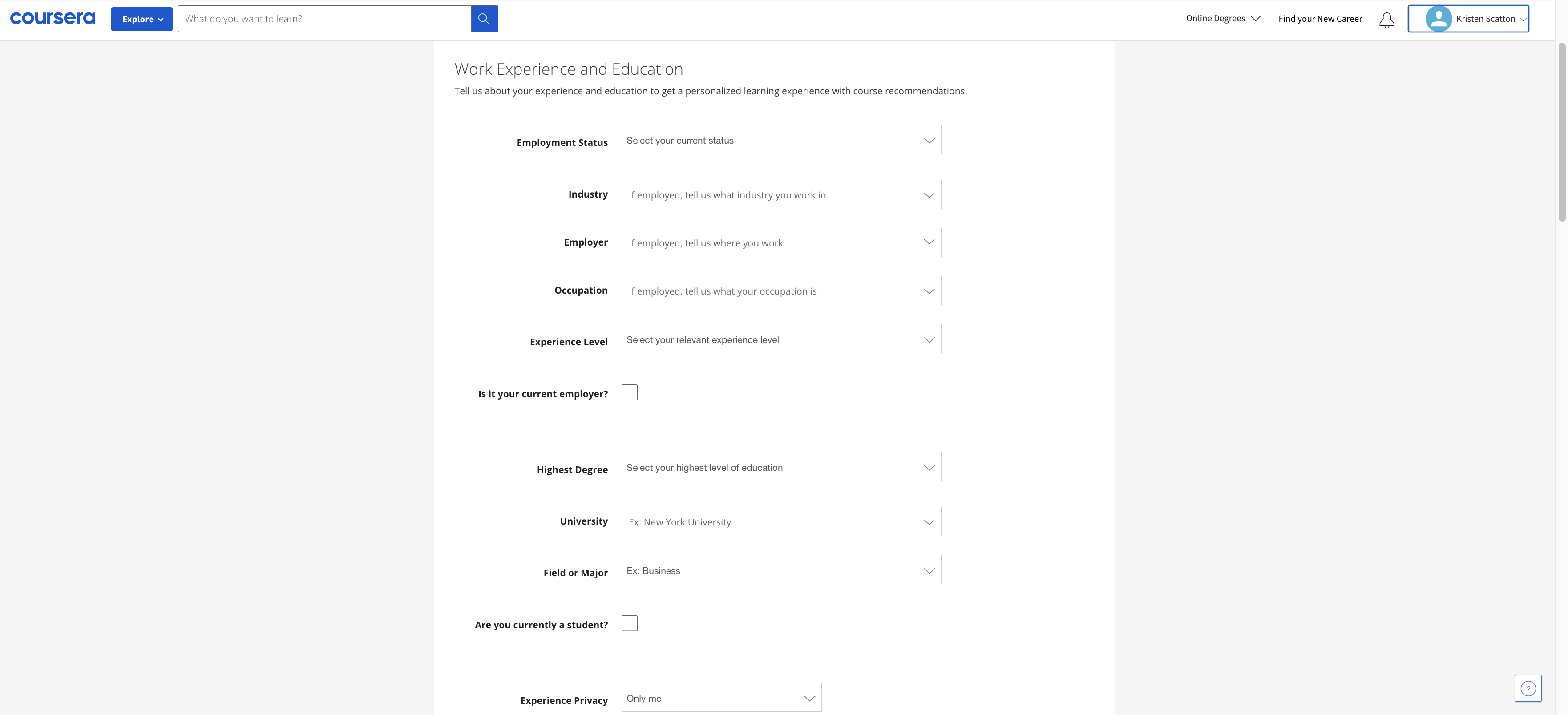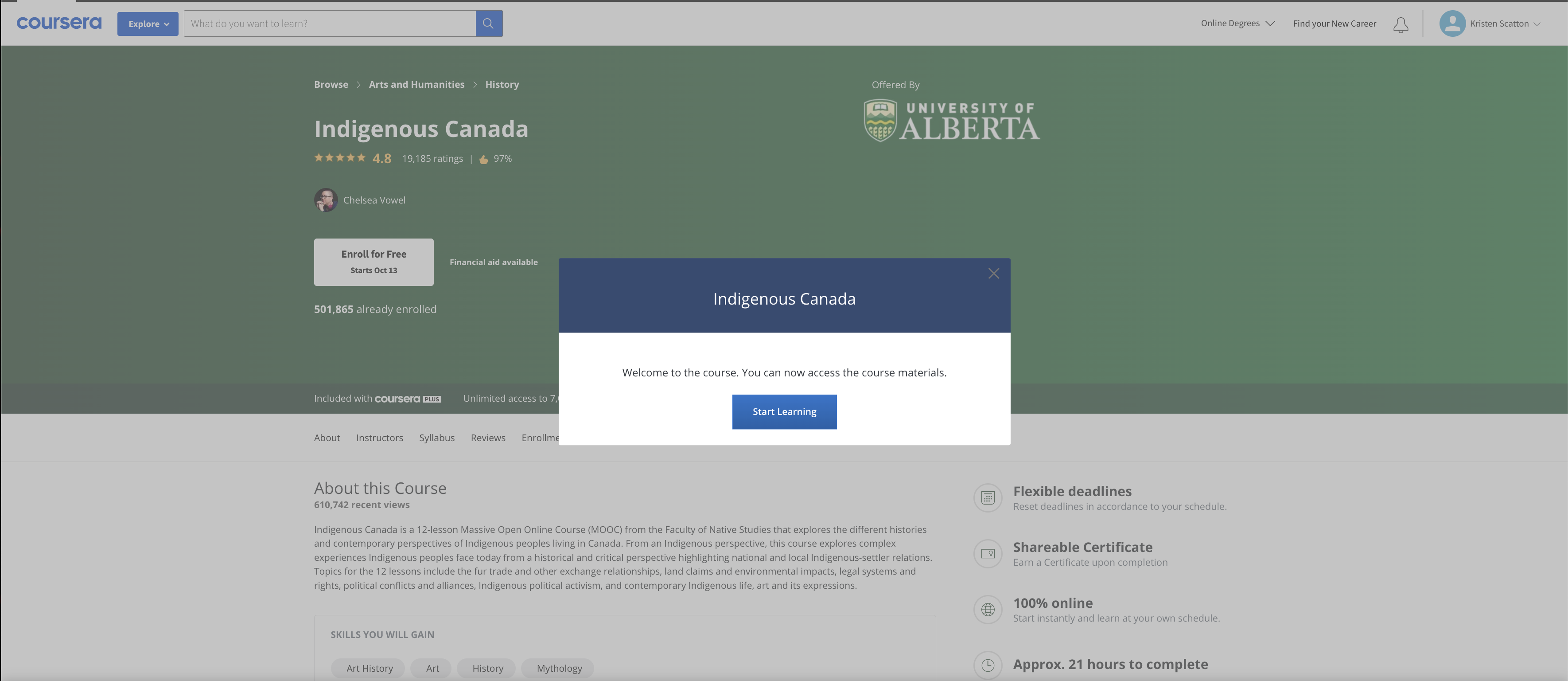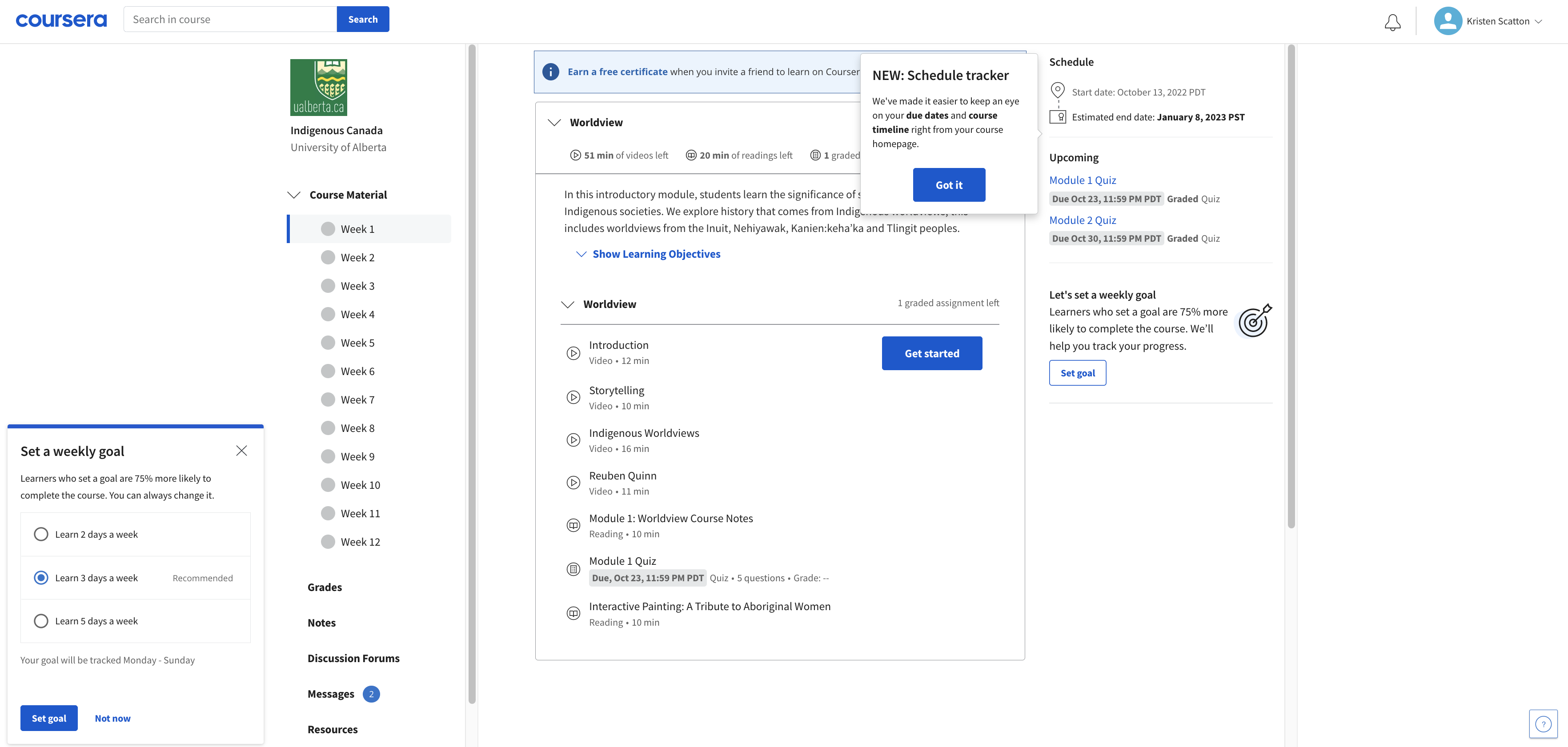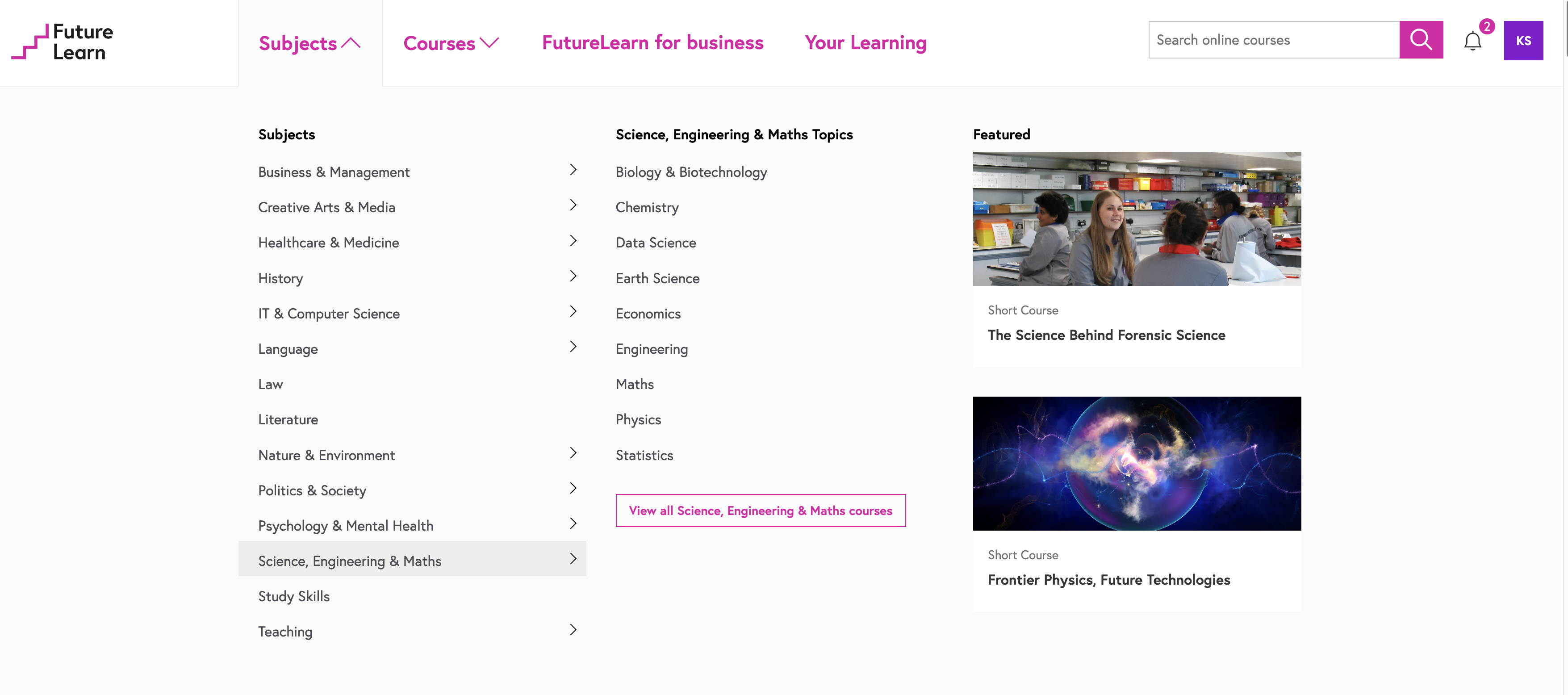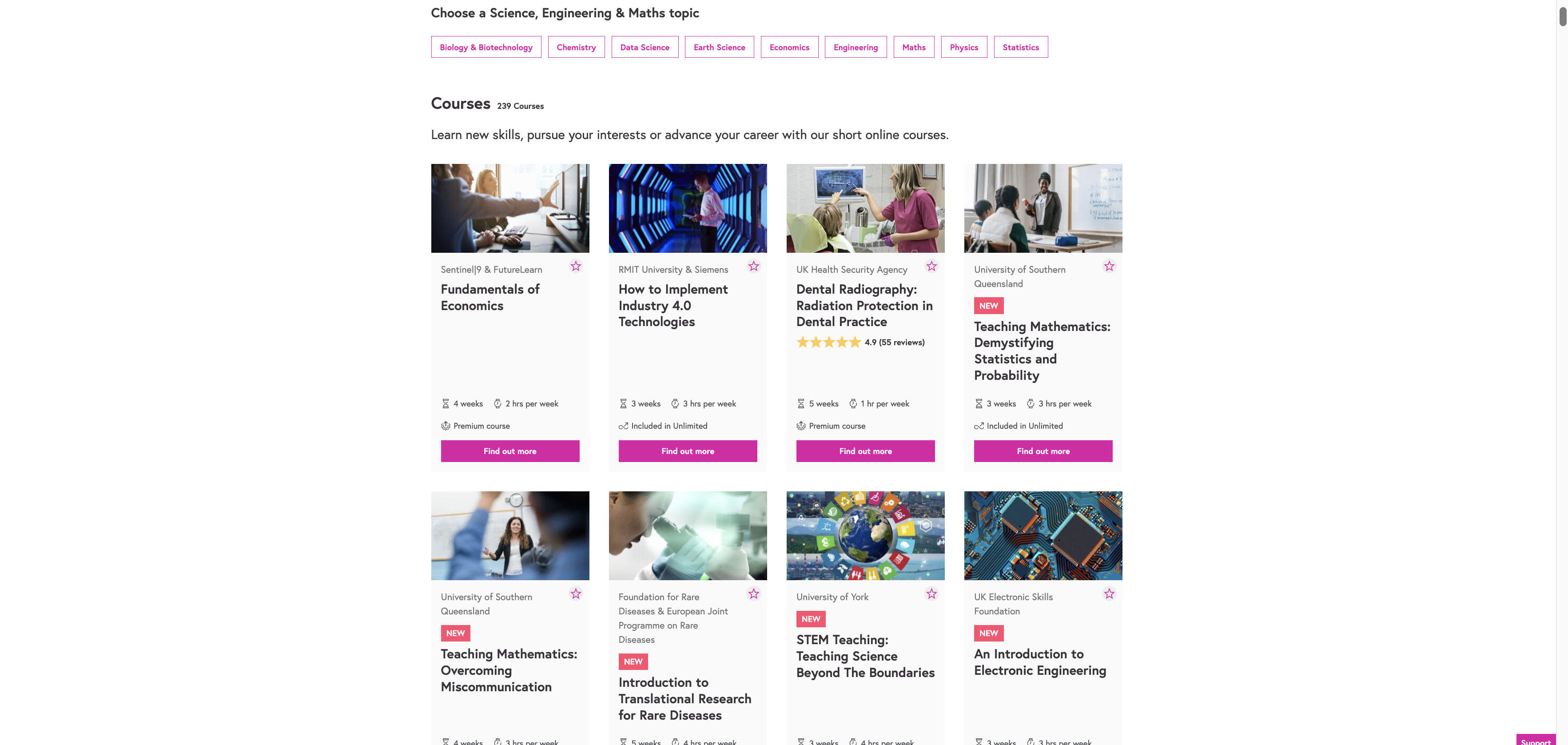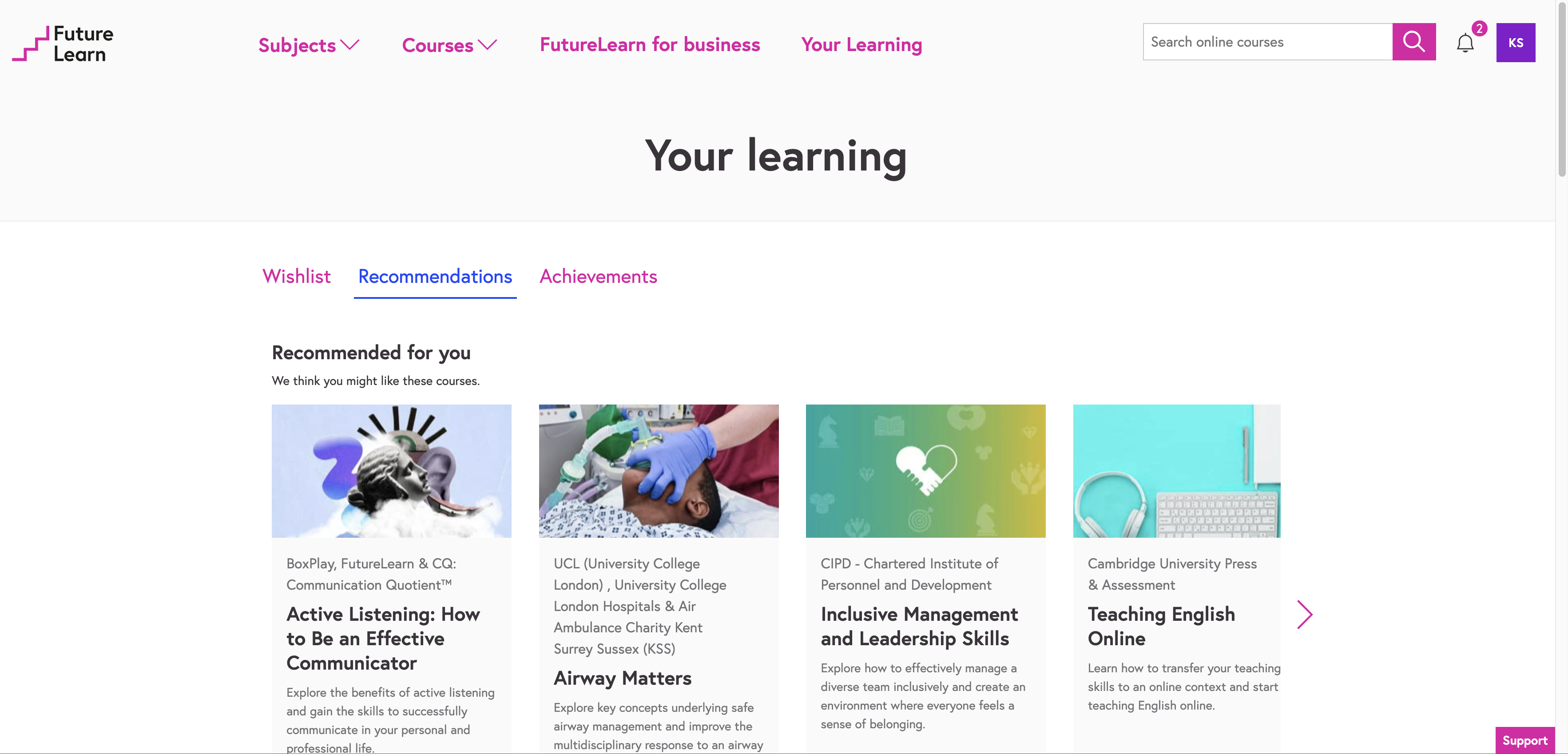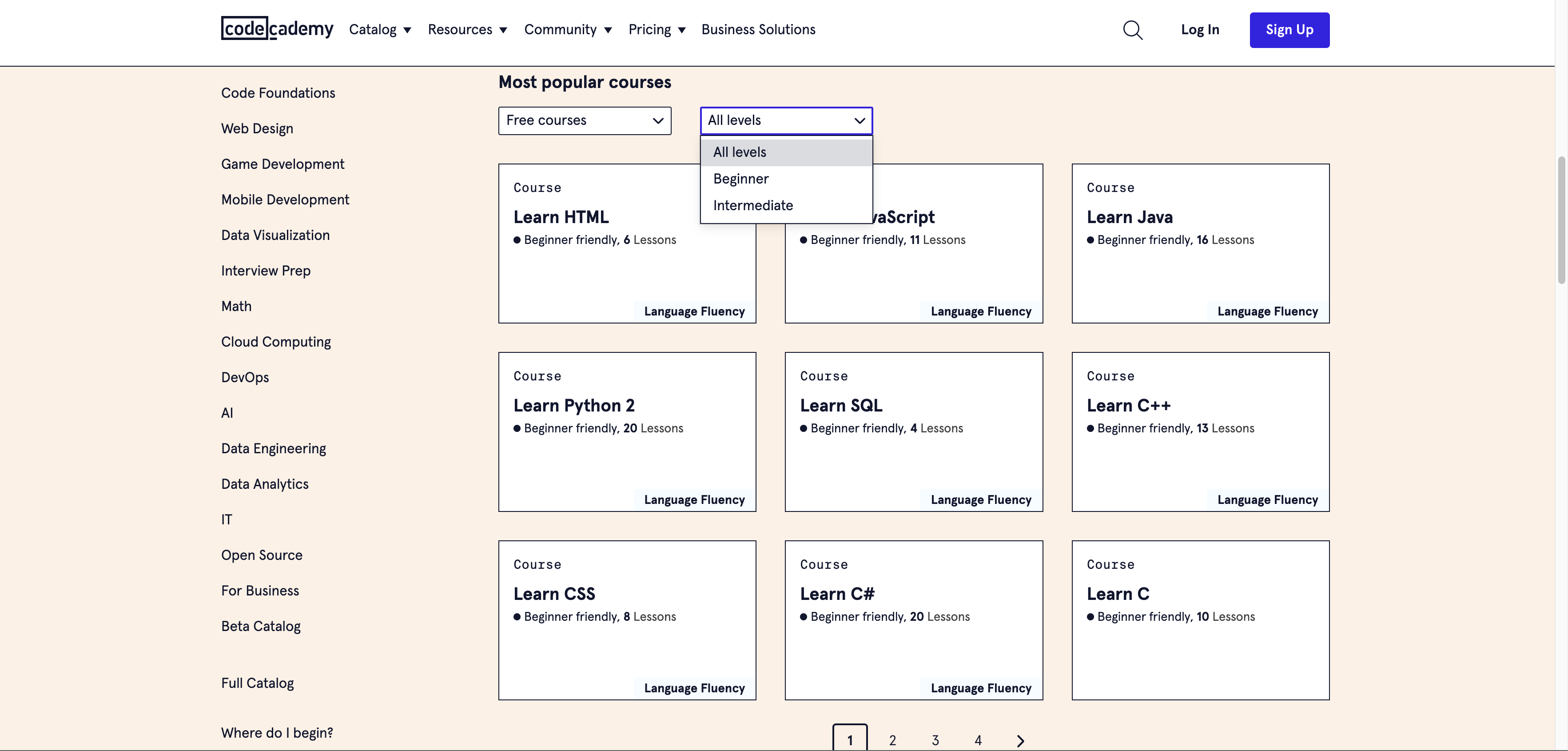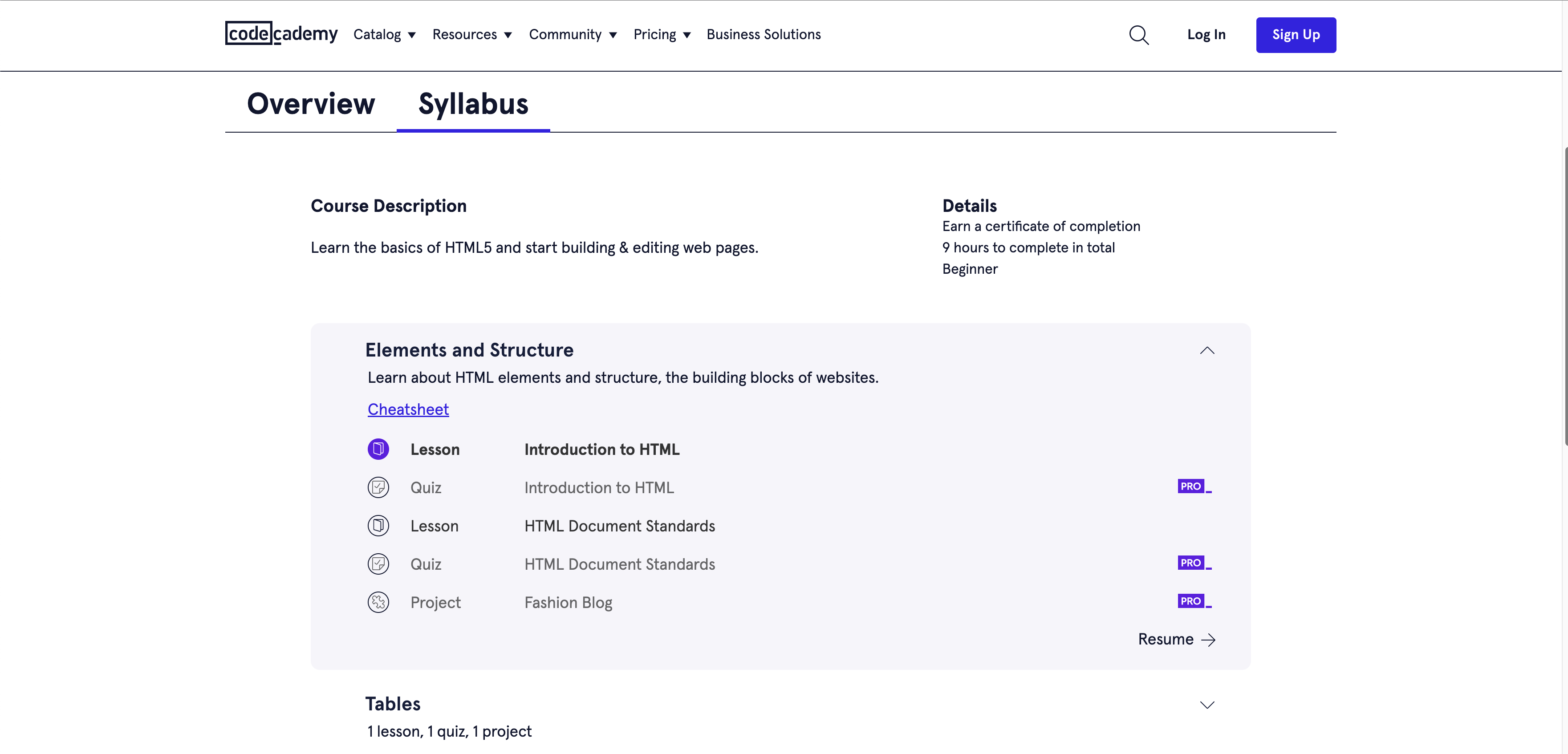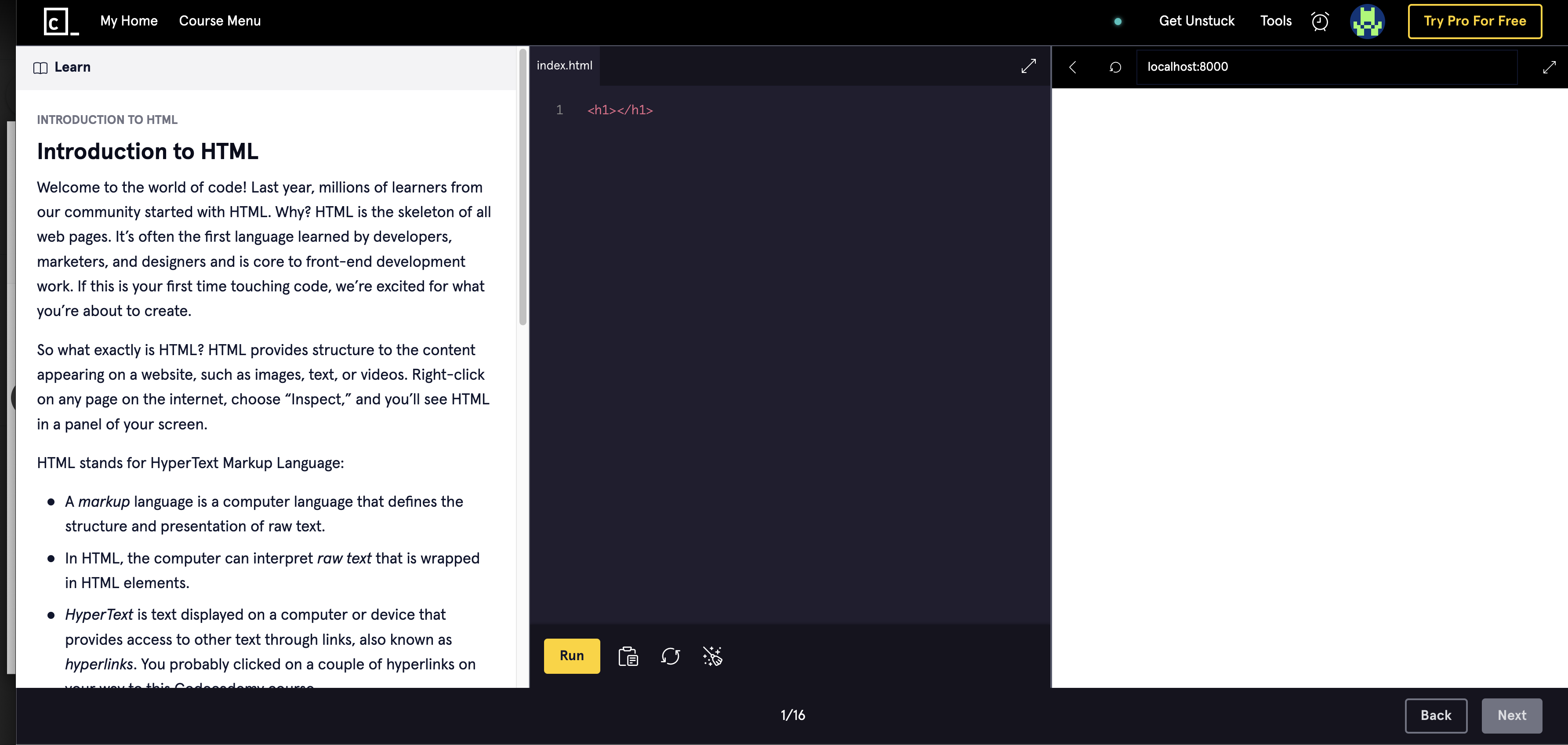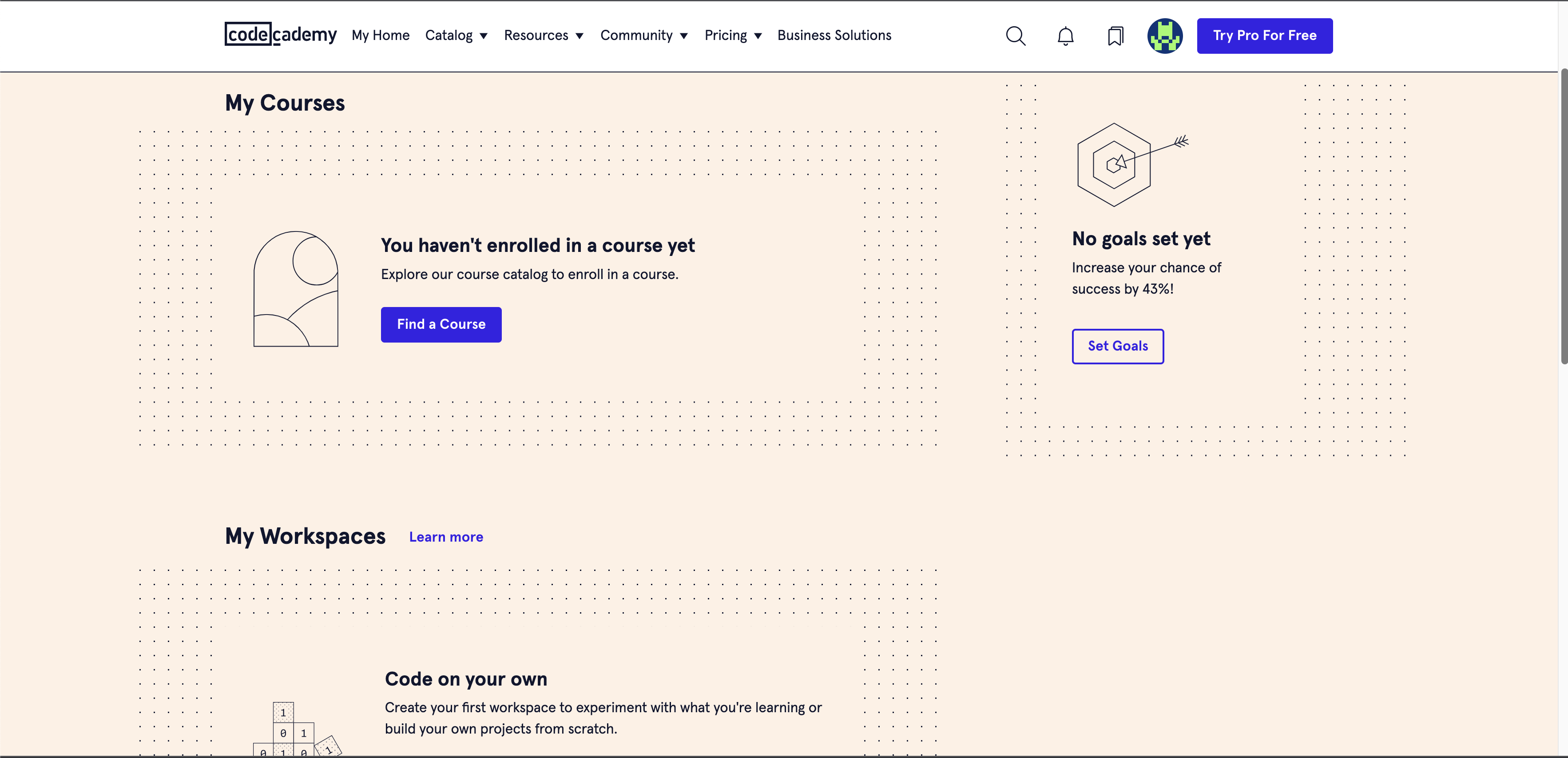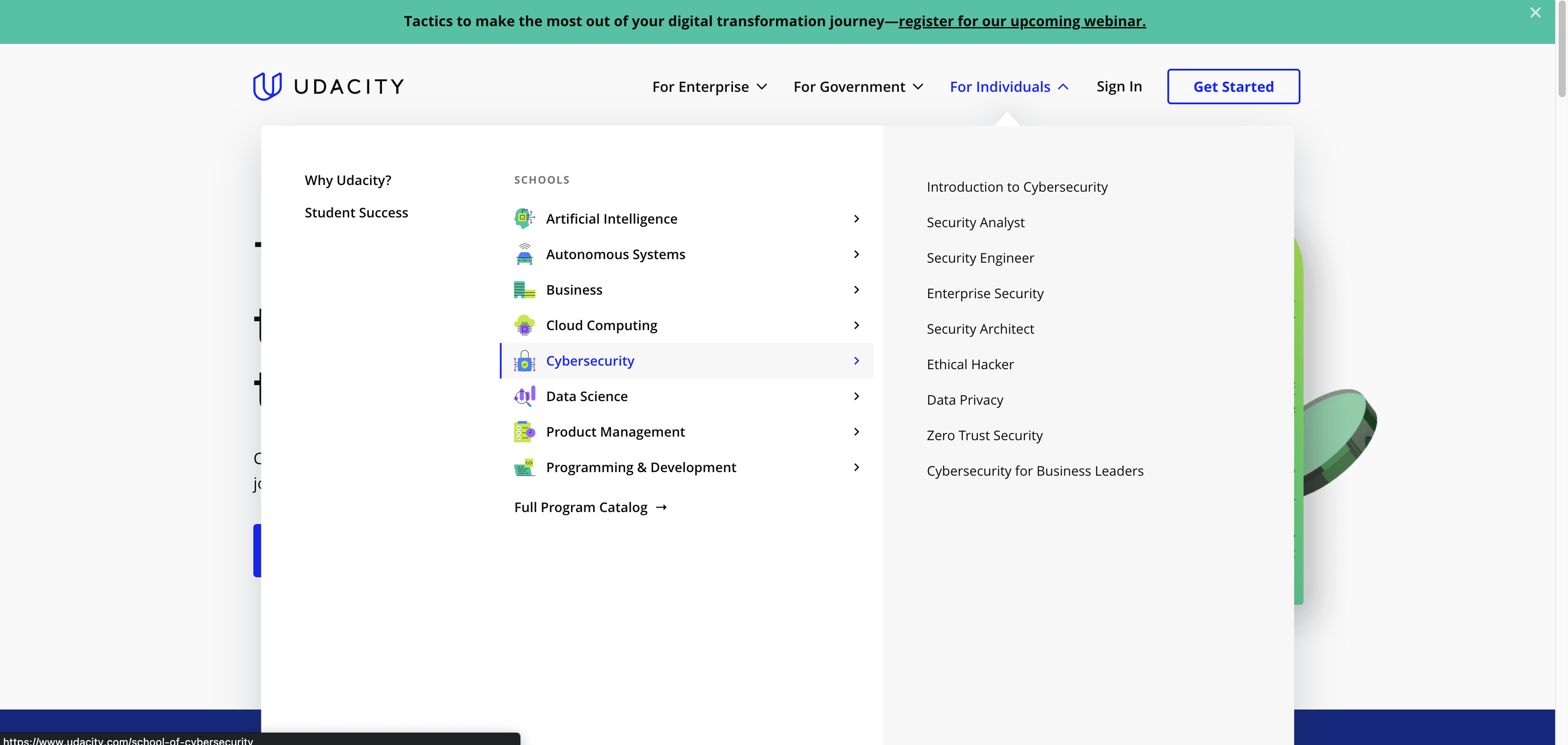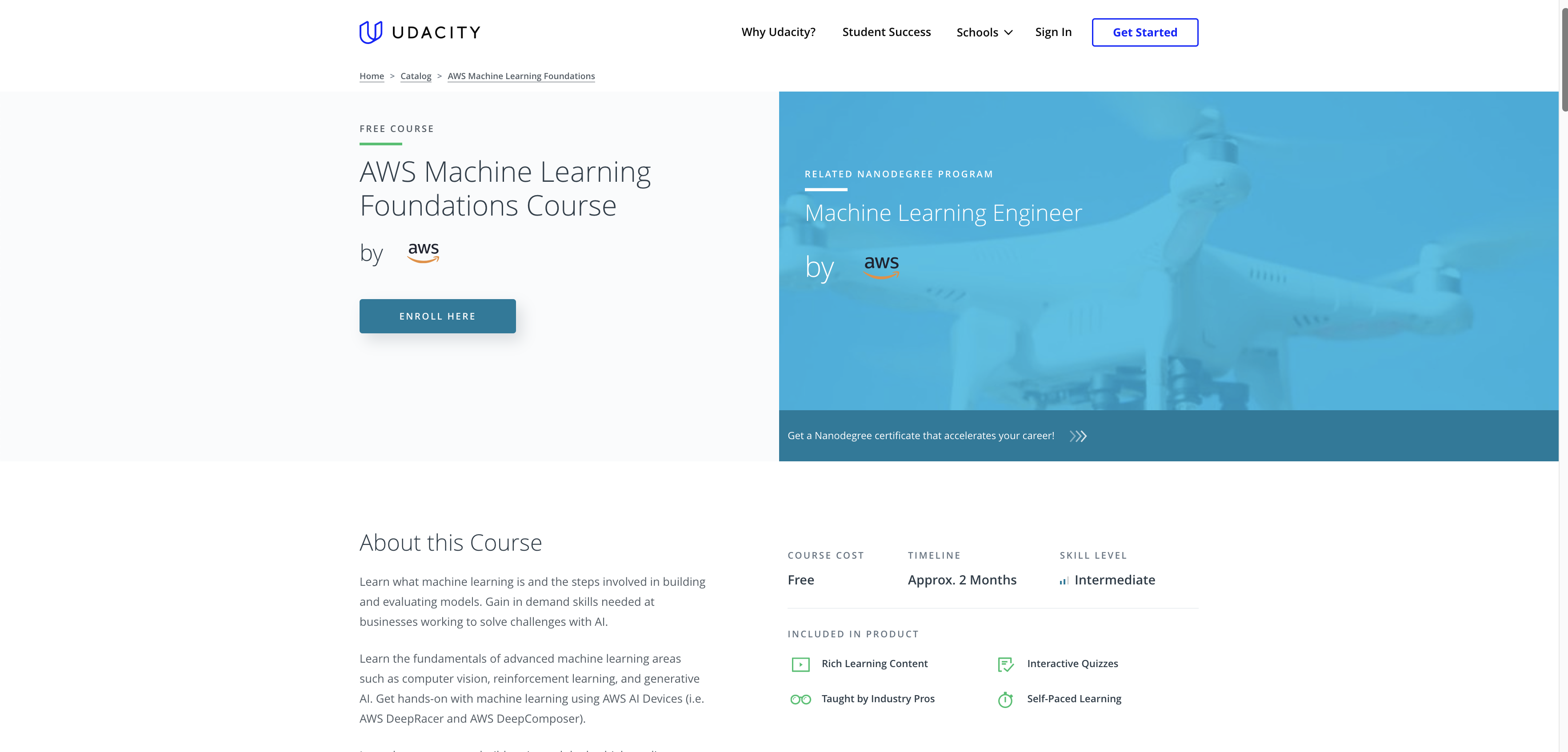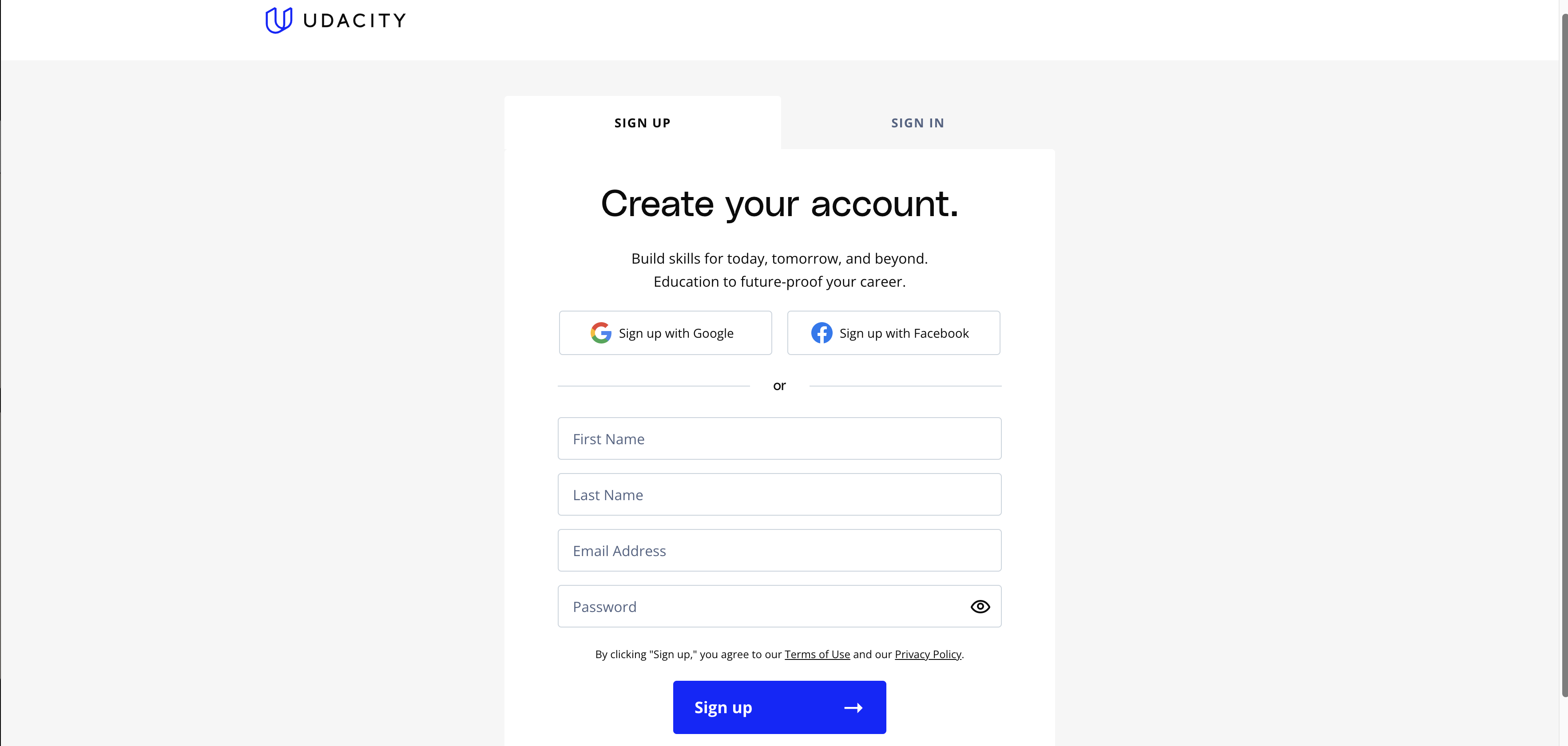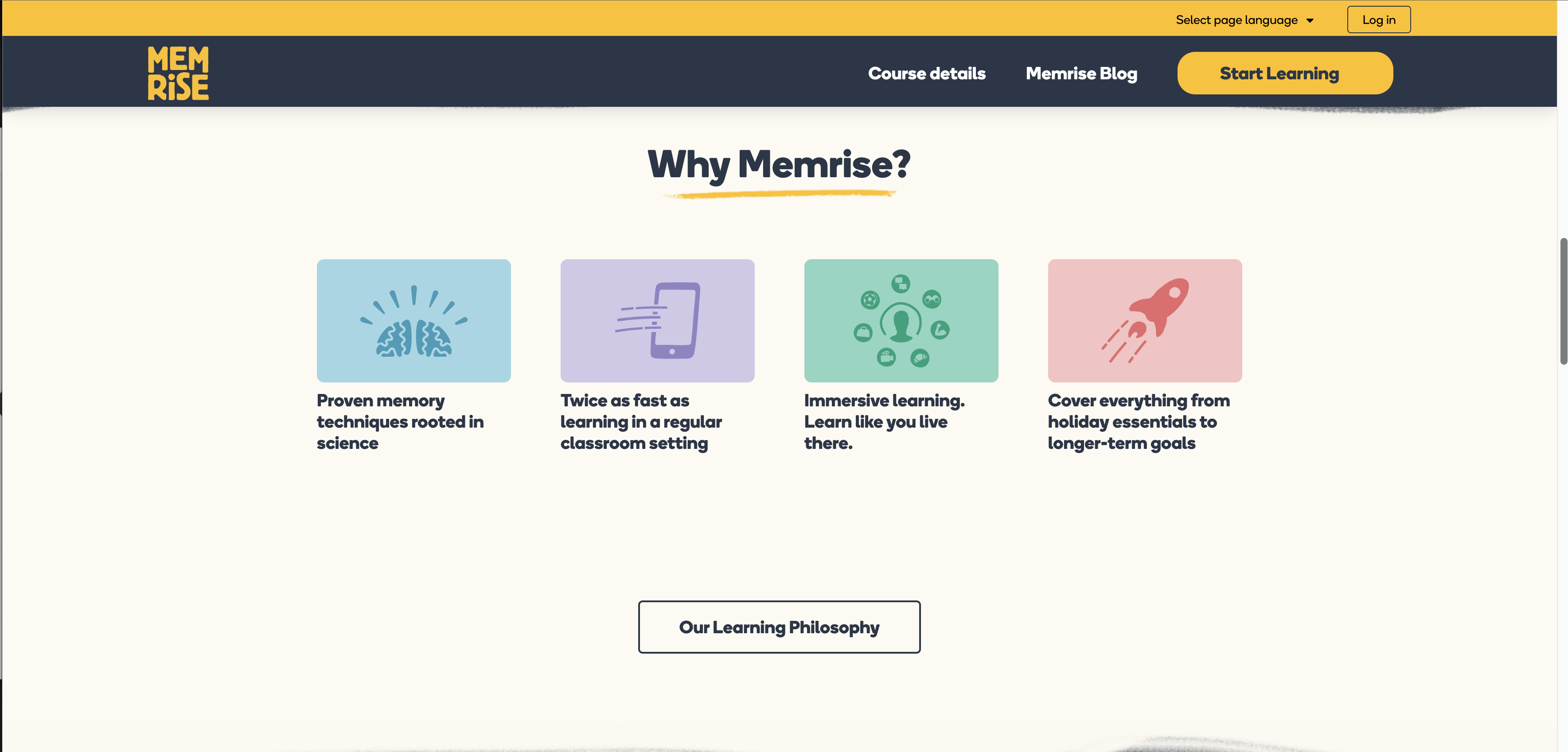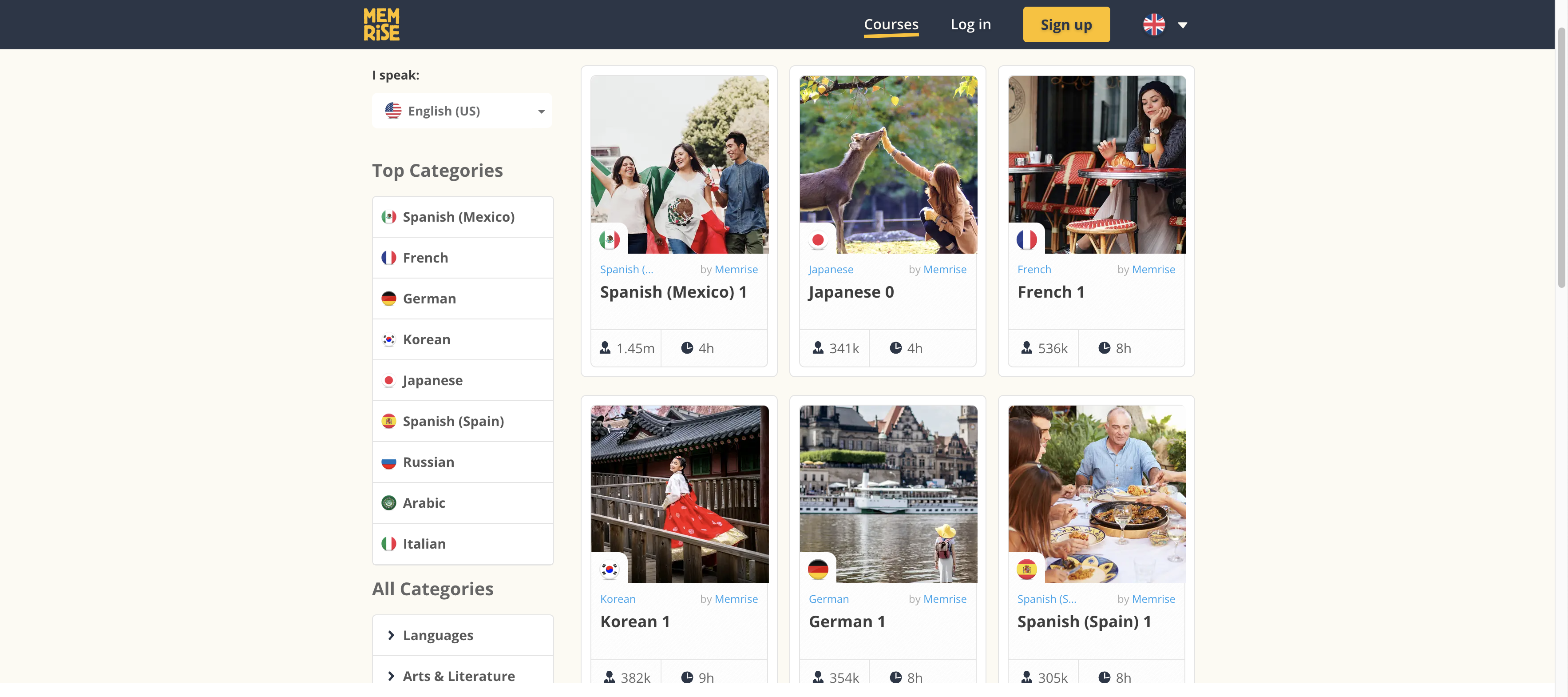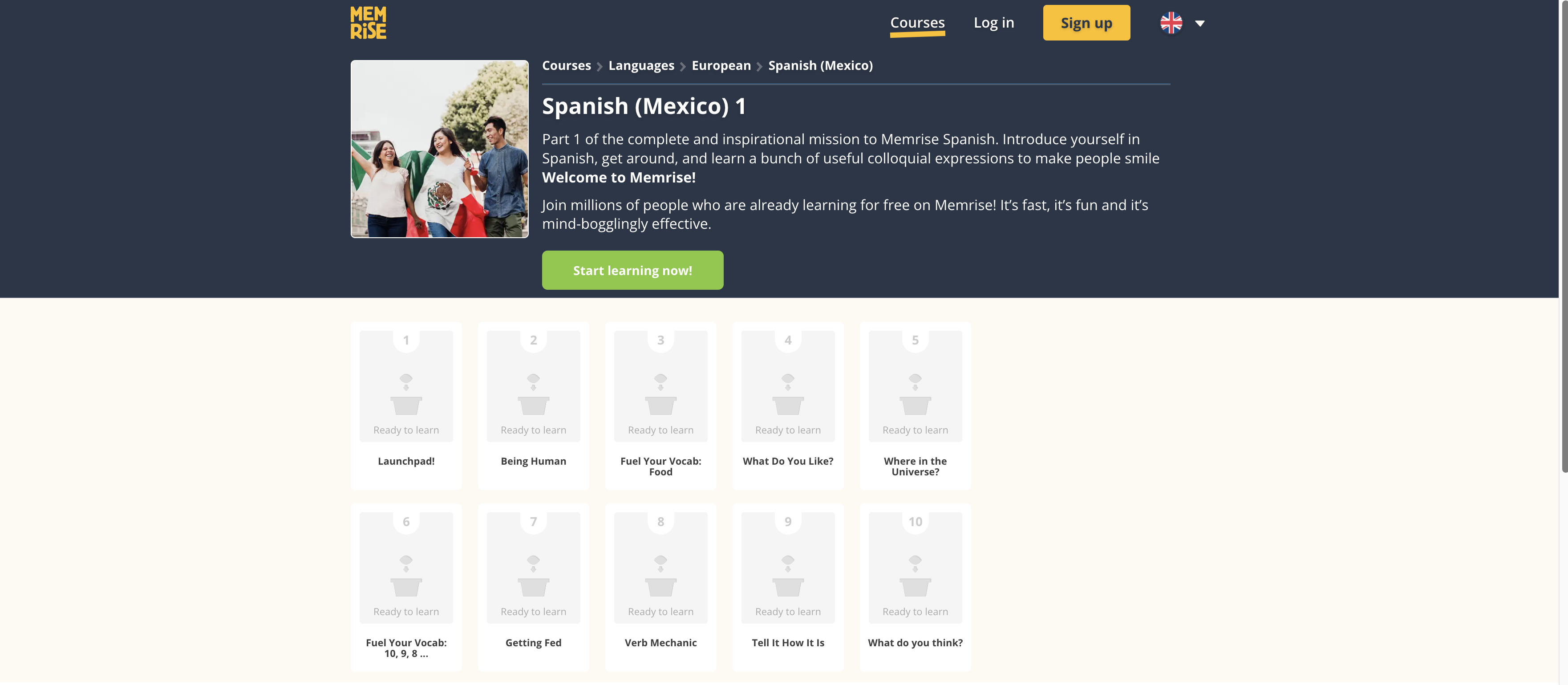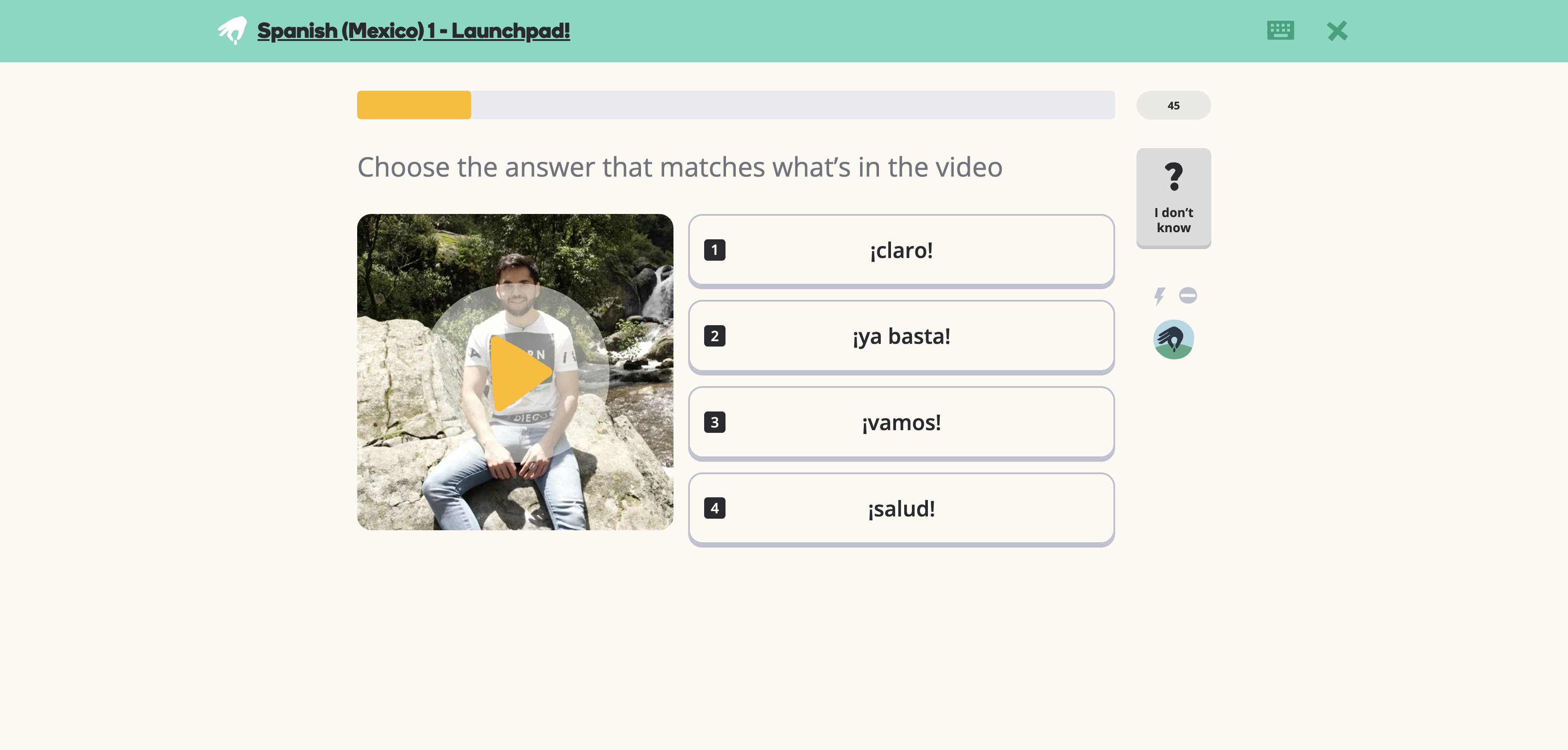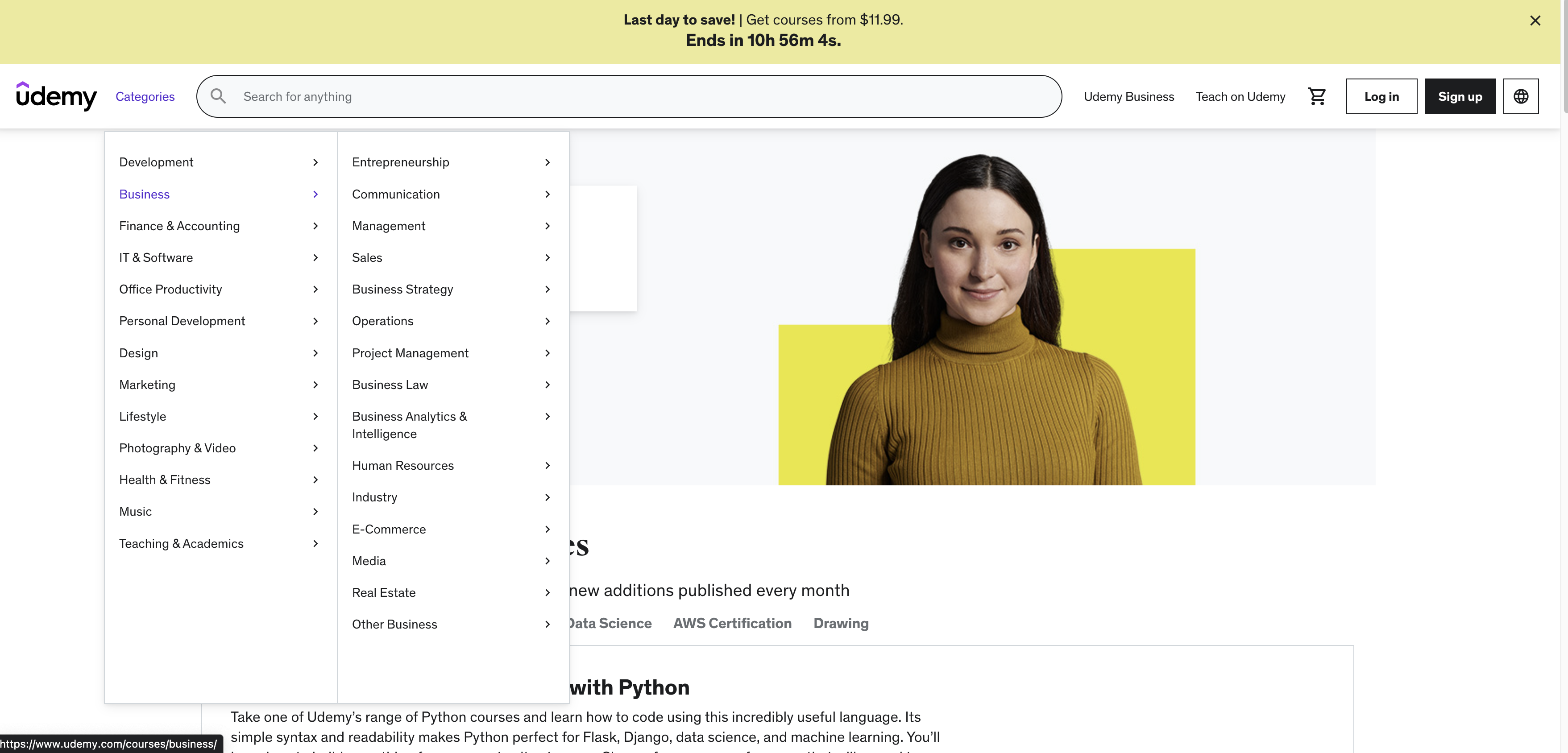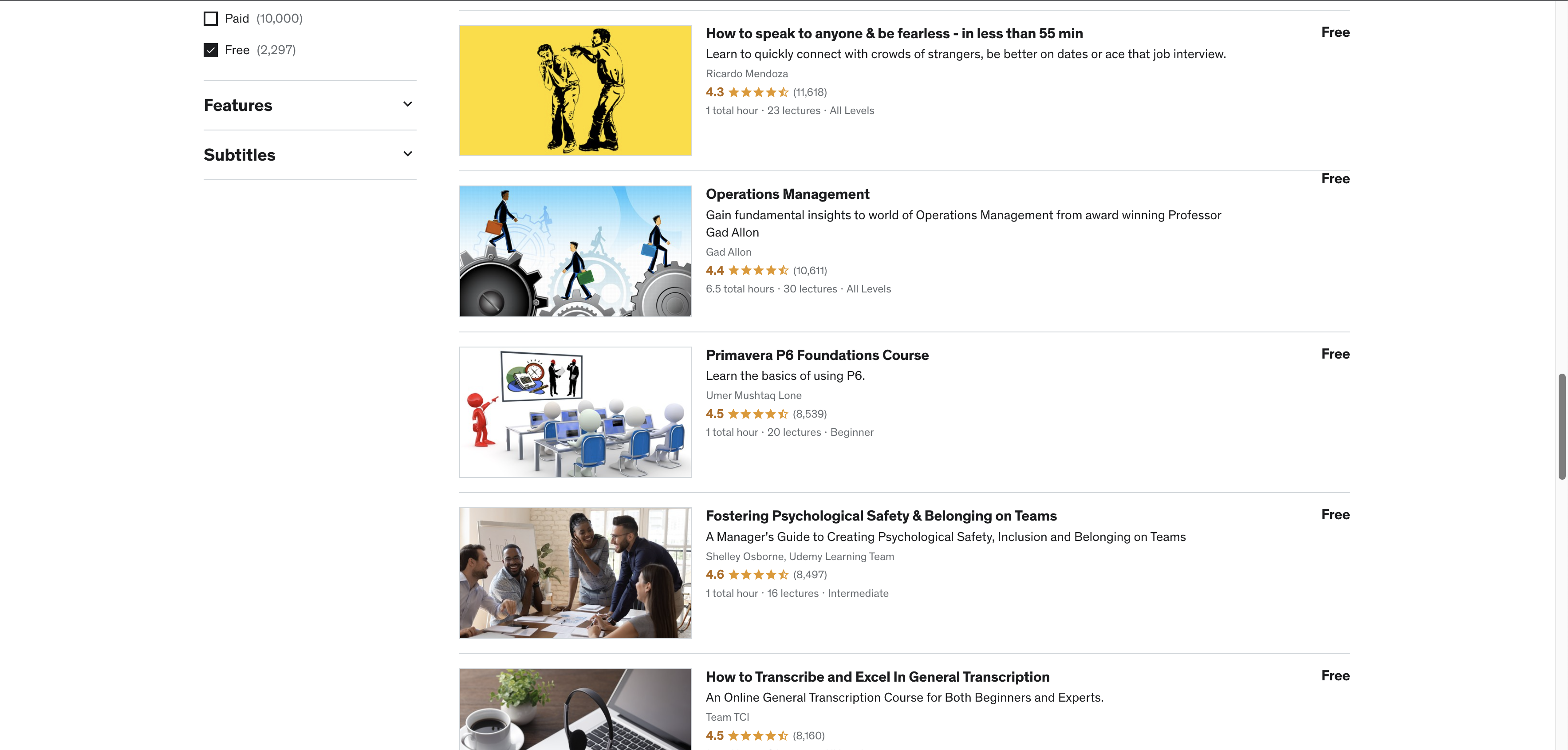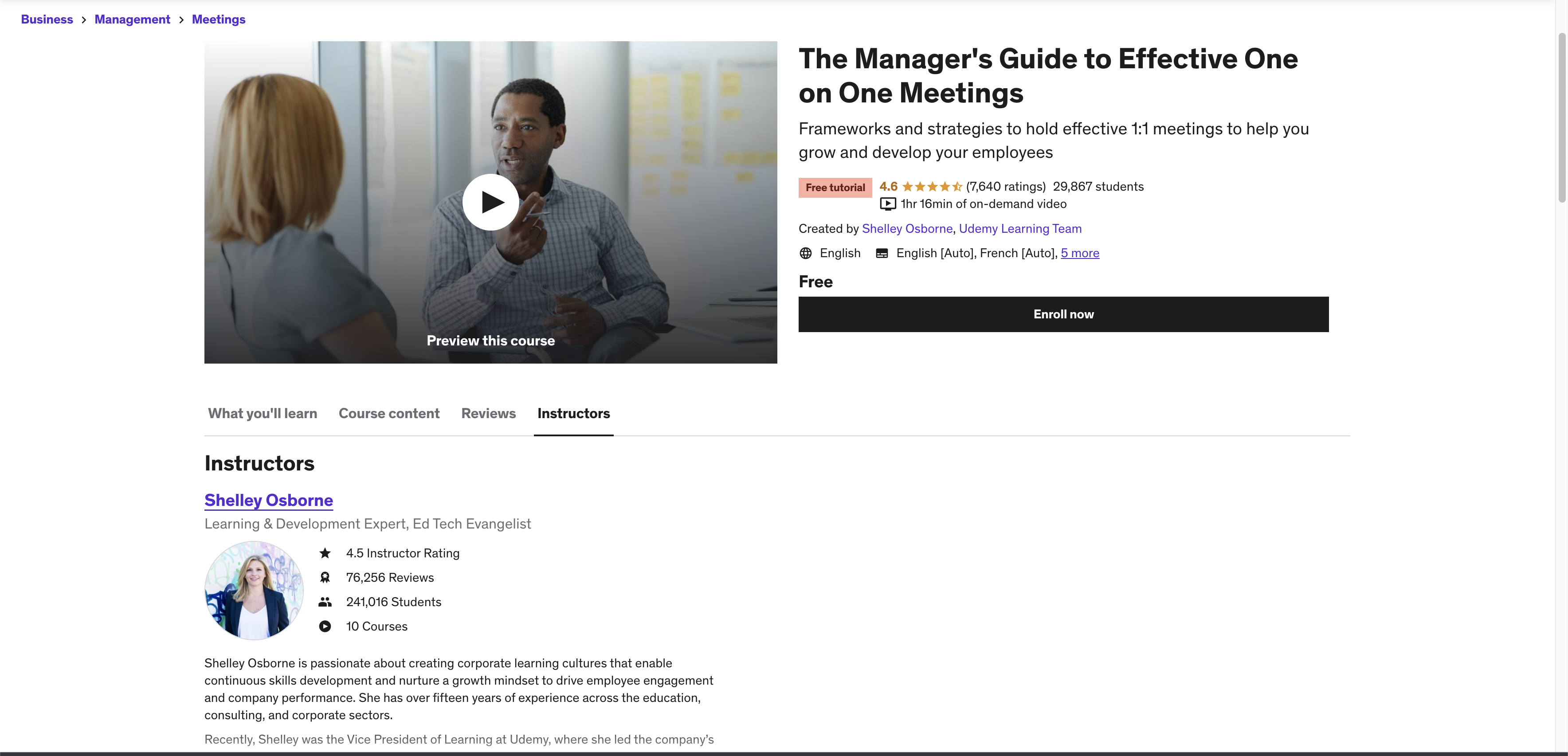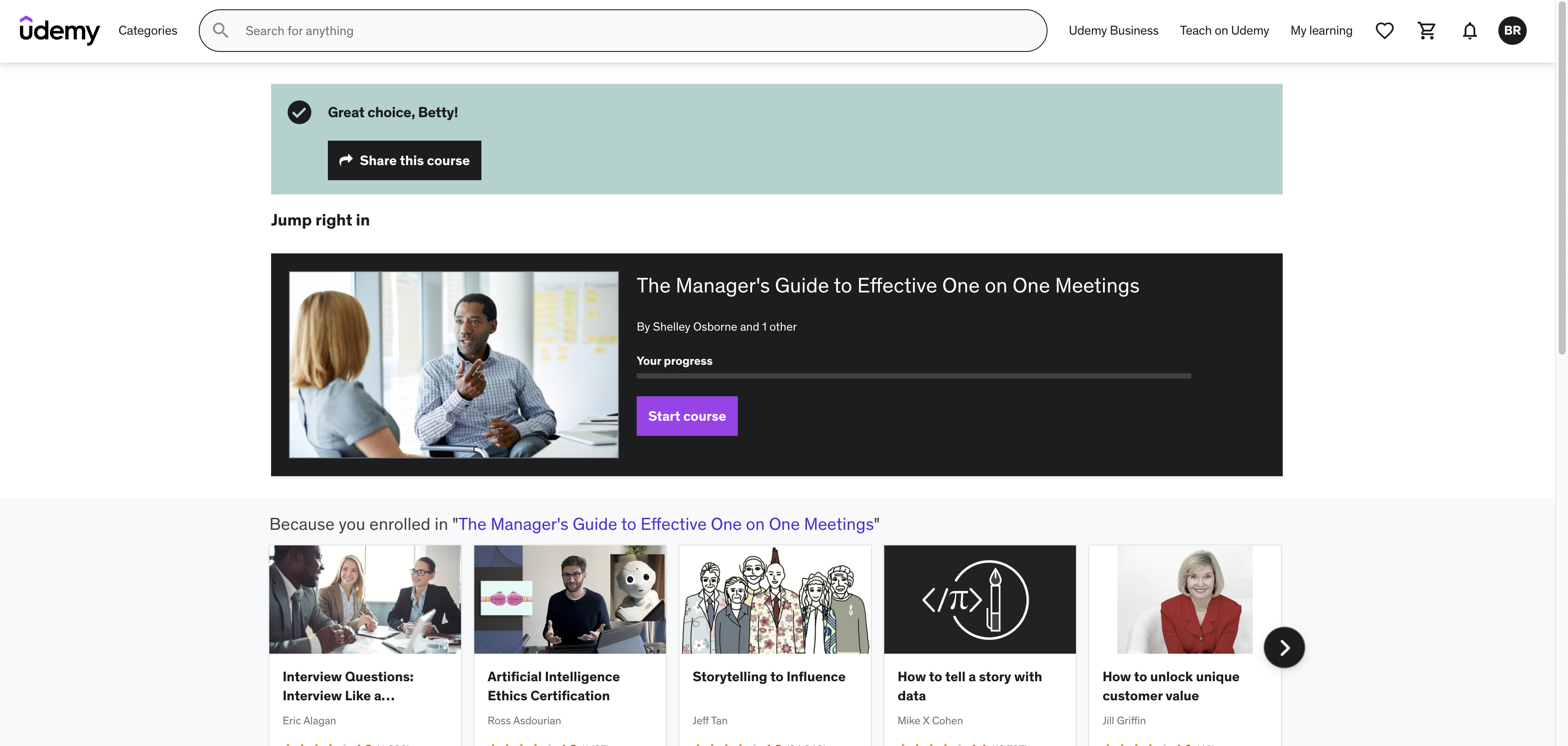Free online courses can be a convenient way to learn new skills and brush up on existing ones. In some cases, they may even be a stepping stone to a professional credential or academic degree. Online courses have been especially useful during the COVID-19 pandemic, and they continue to be a great resource for distance learners who aren’t located near an academic institution that offers the course they’re interested in. Free online courses make it easy to access high-quality content from industry professionals without having to commit to a set schedule or pay university-level tuition. They’re also a good option for beginners, since many don’t have any formal prerequisites in order to enroll. You can simply sign up and get started right away!
Top 7 Online Course Providers
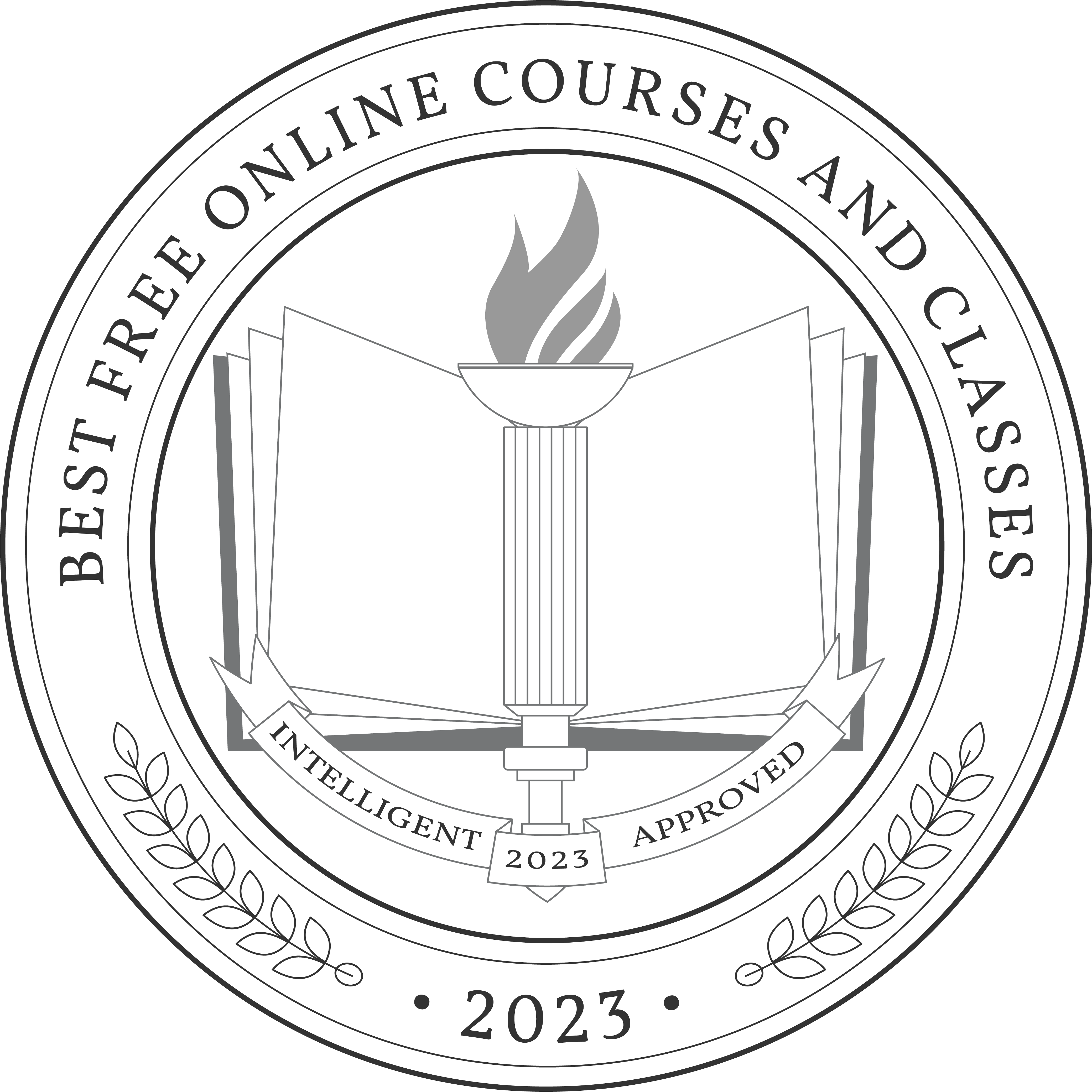
- EdX – Best Overall
- Coursera – Best Language Variety
- FutureLearn – Best for STEM Courses
- Codecademy – Best for Coding Courses
- Udacity – Best for IT Courses
- Memrise – Best for Foreign Language Courses
- Udemy – Best for Business Courses
How We Chose the Best Free Online Course Providers
With so many companies offering free online courses, it can be hard to know which ones provide quality education. We evaluated over a dozen popular providers to find the best ones to suit the needs of a variety of students.
Our evaluation process included the following:
- In-depth review of each provider’s specific course offerings and materials via website and catalog reviews
- Sampling lessons and study materials when available
- Analysis of student reviews and comments on platforms like Google Reviews, Reddit, Trustpilot, and Facebook.
The programs that met the following four criteria earned a place on our list.
Flexibility
Many students seek out free online classes as a convenient way to access education without committing to a set schedule. We prioritized companies that make courses as flexible as possible with on-demand, self-paced lessons. Another factor we considered is the length of the courses a provider offers. The providers on our list offer free online courses that students can complete in a few weeks to a few months, which also helps students fit these courses into their busy schedules.
Accessibility
For most companies on our list, students need a paid subscription to access all features. This list highlights providers that offer the most to students at no charge. Accessibility also means being able to access the lessons and study materials themselves. That’s why we chose providers like Udemy that have Android and iPhone apps. We also reviewed tech specs to ensure students only need the basics in terms of hardware, software, and internet access to participate.
Faculty and personalized instruction
Even if they’re taking a free course, students still deserve quality educational content designed and delivered by knowledgeable instructors. Many providers, like EdX and Coursera, do this by giving students access to courses taught by faculty at world-renowned higher education institutions like Harvard, Oxford, and the Sorbonne. Others, like CodeAcademy, work with expert professionals in their respective fields to create high-quality courses that teach in-demand skills.
Student satisfaction
Word-of-mouth is often the best marketing tool, so we turned to student reviews on platforms like Google Review, Trustpilot, and Reddit to find out what actual users say about these free online course providers. We looked at whether students found their courses beneficial and engaging, their thoughts on user interfaces and other technical aspects, and their experiences interacting with faculty and representatives through the providers.
Top 7 Free Online Course Providers
EdX – Best Overall
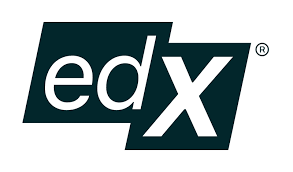
EdX’s mission is to increase access to high-quality education for all individuals, regardless of location or financial status. This non-profit supports that mission by aggregating courses from some of the world’s most renowned universities and allowing students to audit them free of charge. EdX is our pick for the best overall free online course provider because of its wealth of options, established reputation as a leader in online education, and connections to prestigious higher education institutions.
What We Like
One of edX’s key strengths is its sheer volume and variety of courses. Students can choose from over 3700 free classes in subjects ranging from foreign languages to business administration and communications to arts and literature. Regardless of what topic students want to study, they’d do well to start with edX. It’s more than likely this online course provider will have the class they’re seeking.
Another aspect of edX that we like is that it draws its courses from the world’s best higher education institutions, including several Ivy League universities, Imperial College London, Kyoto University, and more. As such, classes are taught by instructors who are experts in their fields.
EdX’s platform is user-friendly and intuitive. It’s easy to create an account and instantly enroll in courses, which start on a rolling basis. Before enrolling, students can see the course level, what prerequisites, if any, are required, and the course’s learning objectives.
What We Didn’t Like
Like many providers on this list, edX put some classes and key features behind a paywall. Students who enroll in classes for free only get limited-time access to course materials and don’t receive any graded assignments or tests. If students want unlimited access to their course materials and a certificate of completion, they must upgrade to a paid plan. Fees for edX courses range from around $50-$150 per course.
What Students Are Saying
Users give edX a 4.5-star rating on the software review site G2 and a 3.4-star rating on Trustpilot. Satisfied users praise the service for providing affordable access to courses from top colleges around the globe. Many students say it’s helped them continue developing skills after completing degrees. Some criticisms include aggressive email marketing and required upgrades to access some materials.
Coursera – Best Language Variety

Coursera seeks to bring the world’s best educational and job-training opportunities to students all over the globe. They partner with more than 275 universities and companies to give students access to free and paid courses that help them gain new knowledge and necessary skills for career advancement. As part of this mission to make education accessible worldwide, Coursera offers classes in dozens of different languages, which helped it earn a spot on our list.
What We Like
Many free online course providers teach courses in a handful of common languages. Coursera, however, offers classes in 56 different languages, making their free online classes among the most accessible. When exploring course options, students can filter by a specific language to find a class that meets their communication needs.
Coursera aggregates courses from universities and companies located across 59 different countries on six continents. They partner with multinational companies like Google, Amazon, and IBM and internationally recognized schools like the University of Glasgow, the Hong Kong University of Science and Technology, and Tel Aviv University to offer an array of courses with global appeal.
Whether students are looking for courses in personal development, arts, humanities, business, or information technology, Coursera will likely have something that meets their needs. The account creation and course sign-up process are easy, and the platform helps students create learning goals and find appropriate courses.
What We Didn’t Like
As with other providers on our list, free will only get one so far with Coursera. The platform does offer full certificate and degree programs, but those are only available as paid options. This makes Coursera an ideal choice for students who want to explore a subject before committing the time and money to a fully paid program or learning a new skill without needing official documentation.
What Students Are Saying
Coursera’s rating is 4.5 stars on G2 and 2.9 stars on Trustpilot. There are also several Reddit threads in which users discuss the benefits and drawbacks of free and paid courses through Coursera. Students like that Coursera gives them access to a variety of courses from top universities, with many using the platform to learn new professional skills or enhance existing knowledge.
Interested in a degree instead?
Learn more about online degrees, their start dates, transferring credits, availability of financial aid, and more by contacting the universities below.
FutureLearn – Best for STEM Courses
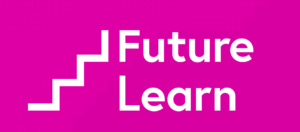
FutureLearn is a digital learning platform based on empowerment, transformation, experimentation, and shared purpose principles. They offer individual courses, microcredentials, and online degrees in a variety of popular subjects taught by industry experts and faculty from leading institutions around the world. We chose them as our pick for the best free online course provider for science, technology, engineering, and math courses for the breadth and quality of classes they offer in these areas.
What We Like
FutureLearn offers free classes in the form of their Short Course. As the name implies, these courses are meant to be brief and flexible, typically lasting about four weeks and requiring 2-3 hours of study time per week. Course content is delivered through a mix of short video lessons, reading assignments, and practice activities. Students also get access to discussion boards, where they can interact with instructors and other learners.
For students who are interested in STEM topics, either for personal edification or career advancement, FutureLearn has a robust catalog of free classes in areas like biology, earth science, statistics, engineering, economics, coding and programming, cybersecurity, and more. These courses are designed to give students a quick overview of a foundational or advanced skill or concept to help them develop their knowledge at their own pace.
FutureLearn’s educational partners include top universities and multinational corporations, guaranteeing students learn from experts in their fields.
What We Didn’t Like
For students who want in-depth knowledge of a particular subject, FutureLearn’s Short Course approach may not be sufficient. Additionally, enrolling in a FutureLearn course for free only gives students access to course materials for the class duration. To get unlimited access to course materials, students must buy a monthly subscription, which gives users access to an unlimited number of courses or pay a one-time fee for the individual course.
What Students Are Saying
FutureLearn users give the platform a 4.8-star rating on Facebook Reviews, a 4.4-star rating on G2, and a 2.8-star rating on Trustpilot. Positive reviews call out specific instructors as being particularly helpful and engaging. Others enjoy the variety of courses in in-demand areas the platform offers. Negative reviews express displeasure at having to pay for certificates of completion.
Codecademy – Best for Coding Courses

Coding is one of the 21st century’s most in-demand skills. Skillsoft, a leading software as a service company, created Codecademy to help students from all over the world get the necessary coding training they need to pursue careers in this fast-growing field. They earned a place on our list as the best free online course provider for coding by offering free and paid programs that teach popular coding languages and skills at all levels in a flexible, convenient format.
What We Like
As its name implies, Codecademy’s classes focus specifically on computer programming languages and skills. They offer beginner and advanced courses in popular coding languages, including HTML, Java, Python, SQL, C++, and more. Codecademy’s catalog is easy to navigate and enables students to search courses by specific language, subject, and skill level to easily find what they’re looking for.
Codecademy’s lessons are delivered on-demand, so as soon as a student creates an account, they can enroll in a course and start coding. Course descriptions include a syllabus, the number of hours a course takes to complete, and whether there are any prerequisite skills students should have before enrolling. We like that Codecademy’s classes take anywhere from 1-30 hours to complete, making them convenient for busy students who might not have time to devote to studying. Skills are taught through reading assignments and hands-on practice, all within Codecademy’s platform.
What We Didn’t Like
Although there are resources like forums, cheat sheets, and hints, Codecademy’s free courses don’t include any live instruction or teacher interaction, which can make it hard to get help if students get stuck on a particular skill or concept. Students will also need to upgrade to Codecademy’s paid Pro plan if they want access to all class features, including graded assignments, experiential learning projects, and completion certificates.
What Students Are Saying
Codecademy students give the platform a 4.6-star rating on Facebook Reviews and a 4.4-star rating on Trustpilot. Says one user, “I’ve been wanting to change careers for a few years now. With Codecademy, I feel like I’m learning relevant job skills. Plus, the training is done in a hands-on way that works well with the way I remember things.”
Udacity – Best for IT Courses

Stanford University instructors founded Udacity was founded to help connect students from all over the world with the skills they need to get jobs in the tech sector. Their free and paid courses focus on digital skills, including programming, cybersecurity, and artificial intelligence. Courses are presented by industry leaders, ensuring students are learning the most cutting-edge and desirable skills and earning them a place on our list as the best provider for free IT courses.
What We Like
Regardless of which IT specialization a student is interested in, Udacity likely has a class available in that area. As a niche educational platform that focuses on information technology and related fields, Udacity’s catalog includes dozens of free courses in areas like app development, coding, AI, cybersecurity, data science, and more. We like that Udacity offers beginner, intermediate, and advanced classes, further expanding its reach to students at various stages of skill development.
Udacity delivers course content through on-demand videos designed and taught by industry experts from companies like GitHub, Microsoft, and Amazon Web Services. Students will apply their knowledge with practice exercises and assignments and monitor their progress with interactive quizzes.
We also like that the platform creates a customized experience for students by having them complete a short questionnaire when signing up. Based on a student’s answers, Udacity will recommend courses to help students meet their educational and career goals.
What We Didn’t Like
To access the full breadth of Udacity’s offerings, like their nanodegree programs that include certificates of completion, students will have to pay an enrollment fee. Udacity’s courses also tend to be longer than most other free online classes, with some lasting up to four months. While this isn’t necessarily a drawback, students should be aware of the time commitment they’re making when signing up for a Udacity course.
What Students Are Saying:
Udacity has a 4.9-star rating on Facebook Reviews, a 4.8-star rating on Trustpilot, and a 4.4-star rating on G2. Students praise the platform as being easy to use and delivering quality content. As some users point out, the only drawback is that Udacity currently only offers courses in IT-related topics since the platform could benefit students in other areas.
Memrise – Best for Foreign Language Courses
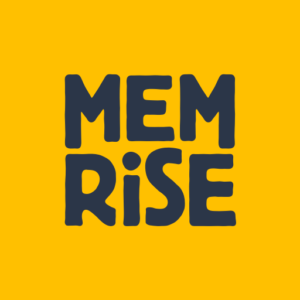
Knowing multiple languages is a highly desirable skill in our increasingly interconnected global world. Memrise makes learning a foreign language easy and accessible with dozens of free lessons covering basic and advanced skills in popular languages like Spanish, Arabic, Korean, American Sign Language, and more. We recommend them as a valuable free platform for anyone looking to gain proficiency in a new language for work, travel, or personal fulfillment.
What We Like
Memrise is all about making the language learning process fun, which is evident from the moment you visit their website or mobile app, which is available for Android and iPhones. With bright colors, engaging design, and immersive lessons, Memrise takes the intimidation and dullness out of the prospect of learning a new language and makes it an accessible and enjoyable experience.
The platform focuses on learning conversation skills with short video clips that demonstrate key words and phrases in the language being taught. Videos start with the most common words and build up toward more advanced skills. Lessons are grouped into levels, so students with some foundational knowledge can skip ahead to coursework that meets them where they are.
Another aspect of Memrise we like is the wide range of languages students can access. Beyond common European, Asian, and African languages, Memrise also has lessons in classical languages like Latin and constructed languages like Klingon.
What We Didn’t Like
Memrise focuses more on conversational language skills and less on the grammar rules for individual languages, so this may not be the best resource for students looking to learn how to write in a foreign language. We would also like to see some improvement with the feedback in Memrise’s practice question sections, including a correct answer when an incorrect one is given, to help students understand where they’re making errors.
What Students Are Saying
Memrise has 4.6 stars on both Facebook Reviews and G2, while its rating on Trustpilot is 2.8 stars. Says one reviewer, “The best thing about Memrise is that it gives you multiple options to learn whichever language you need. The app is filled with exercises and tasks which will teach you new words every day. The app interface is also user-friendly and easy to understand.”
Udemy – Best for Business Courses
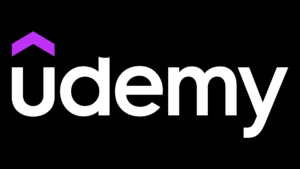
Udemy’s offerings are tailor-made for business professionals, which is why we chose them as our recommendation for free online business courses. Since its founding in 2010, Udemy has connected millions of students with life-changing educational opportunities teaching highly desirable skills in areas like management, sales, human resources, marketing, and more. Udemy’s free and paid online courses are designed to help students succeed as freelancers, business owners, creative professionals, and more.
What We Like
With 2300 free online courses in business-related areas like business analytics, project management, communication skills, and strategy, Udemy covers all the bases when it comes to the hard and soft skills students need to thrive in the business world.
We like that Udemy offers unique courses, like “How to Speak to Anyone and Be Fearless,” that focus on high-value transferable skills that are useful in just about any career. Most course content is delivered as video lectures led by industry leaders and experts who have carefully crafted their lessons to provide maximum value with a minimal time commitment. Other classes include hands-on practice like quizzes, practice tests, and exercises.
As a global platform, Udemy also offers content in a variety of languages, including Spanish, Portuguese, Arabic, Turkish, French, and more. They also have classes available at levels ranging from beginner to expert, so students can always find a course that meets them where they are.
What We Didn’t Like
While Udemy’s video lecture-focused content may work for some students, it might only match the learning styles of some students. Those who prefer hands-on learning may want to seek out a different platform that offers more opportunities for engagement. Like many other online educational platforms, Udemy keeps a number of courses behind a paywall, which may limit students’ access to the content they need.
What Students Are Saying:
Udemy’s rating is 4.5 stars on G2 and 2.4 stars on Trustpilot. According to users on G2, Udemy is a convenient platform that offers high-quality content. Says one user, “Udemy offers courses that are customized based on your skills and competencies, making it easy to search for courses that will help you grow your career.” However, some users report being dissatisfied with Udemy’s customer service and instructors.
What to Consider Before Signing Up for a Free Online Course
Your education goals
Why are you taking a free online course? Your answer will help you decide which provider and course are right for you. Free online courses generally don’t include completion certificates, college credit, or grades. They may also restrict access to certain features like quizzes or projects. If you’re taking a class for personal improvement, to explore a possible area of interest, or learn a new skill, this likely won’t matter. However, if you need documentation of course completion or are working towards a certificate, investing in a paid online course might be a better bet.
Your learning style
Free online courses are popular because they’re cheap, convenient, and accessible. However, online learning isn’t for everyone. Are you someone who prefers learning through personal interaction as opposed to watching video lectures or reading lessons? Can you hold yourself accountable to complete lessons, or will you get distracted quickly? Free online courses work best for self-motivated, focused students who can learn through lectures, reading assignments, and hands-on practice.
Your tech set-up and learning environment
In most cases, a device and a stable internet connection is all you need to participate in a free online course. Most students use computers, but many providers also have mobile apps so students can access classes and coursework on mobile phones or tablets. Whatever device you use, make sure it can handle streaming video content, downloading assignments, and playing audio. You may also want to invest in noise-canceling headphones to eliminate distractions. Check your syllabus to confirm if there are any other specific tech needs for your course.
How To Improve Your Career Outlook With Free Online Courses
Free online courses can positively impact your career outlook in a variety of ways.
Test-drive a new career
There are many factors to consider when contemplating a career change. Taking a free online course is an affordable, low-stakes way to explore a new field before committing to switching careers. You’ll get an idea of the work you’ll do and skills you’ll need for your new job. Also, if you need additional education, free online courses can give you a preview of what to expect if you return to school. All of this can help you make a more informed decision about your future.
Learn in-demand skills
In today’s rapidly shifting job markets, employees need to stay current on their skills and knowledge to be as marketable as possible. Workers who want to possess the qualities employers seek can take advantage of free online courses, which provide accessible upskilling or reskilling opportunities. This can mean taking courses in transferable skills like leadership, communication, or digital literacy, or learning hard skills in rapidly growing fields like data analysis, technology, marketing, and more.
Show employers you’re motivated and knowledgeable
According to Indeed.com, ambition, determination, and an eagerness to learn the qualities job candidates should exhibit. Participating in free online courses checks these, and other, boxes. By demonstrating your self-motivation and openness to new knowledge, you’re showing either potential employers that you’re right for the job or current employers that you deserve a raise or promotion. However, do keep in mind that some employers want to see a certificate of completion for online courses, which are typically only provided to paying students.
Grow your professional network
From getting professional support to finding new employment opportunities, the benefits of networking are plentiful and well-documented. Taking a free online course means you’ll have the opportunity to connect with people from a variety of different places and backgrounds — people you might not otherwise encounter. Although networking in an online course, like a MOOC, is different from in-person networking, peer reviews, discussion groups, and social media can help facilitate connections among students.
Frequently Asked Questions
What is the differences between free and paid online courses?
One of the main appeals of a free online class is that it has no financial obligation. This makes education accessible to students no matter what their financial situation is. It also minimizes the risk for students who are testing out a new area of study or might need more time to finish the course.
However, there are a few key disadvantages to free courses that students should be aware of, as listed below. We recommend carefully reading all course information and fine print before registering to ensure you’re signing up for the course that best suits your needs.
- Limited versus full access. Most course providers only grant paying students full access to all course features. These features may include quizzes and tests, hands-on projects, and graded assignments, which help students learn as much as possible from their courses.
- Length of access. Students in free courses typically only have limited-time access to course materials, usually for the length of the course itself. Meanwhile, students who pay tuition often get extended or unlimited access to course materials.
- Certificates. Generally, students only receive documentation of course completion if they’ve paid for the course. If students need a certificate to show current or potential employers, their best bet is to enroll in a paid course that provides certification when the class is completed.
Do free university online courses come with certificates?
No, free university online courses typically don’t include certificates. In most cases, if students want a certificate of completion, they have to pay for it. Online course providers usually clearly state that students must enroll in a paid course to receive a certificate. However, it’s also beneficial to read the fine print before to understand exactly what you’re getting. Most online course providers allow students to enroll in a course for free, then pay for the certificate when the course is complete. This can help minimize the financial risk for students if they’re unsure they’ll be able to finish the course.
Are the free Harvard online courses worth it?
Harvard University is one of the many institutions that offer free online courses through edX. Students can audit these courses for free. Auditing a course means students get access to all course materials, including videos, readings, and assignments, but won’t receive a grade, credit, or documentation of course completion. Students must pay for their Harvard course to fully participate and receive a completion certificate. Free Harvard online courses are worth it for students who are seeking an Ivy League-quality education experience but don’t need anything to verify that they finished the class.
Which online courses can I take for free?
Please visit their website for a complete list of all free courses offered by a specific provider. Below is a sampling of popular free courses from our top providers.
edX
- CS50’s Introduction to Computer Science
- Exercising Leadership: Foundational Principles
- Rhetoric: The Art of Persuasive Writing and Public Speaking
- Data Science: Machine Learning
- Fundamentals of Neuroscience Part 1: The Electrical Properties of the Neuron
Coursera
- Indigenous Canada
- Financial Markets
- The Science of Well-Being
- Introduction to Psychology
- Introduction to Statistics
FutureLearn
- An Introduction to Electronic Engineering
- Data Representation in Computing: Bring Data to Life
- Introduction to Cybersecurity
- Preparing for Further Study in Mathematics
- Engaging in Activism for Social Change in Tech
Codecademy
- Learn HTML
- Learn JavaScript
- Introduction to Cybersecurity
- Python for Programmers
- Introduction to Game Development
Udacity
- Microsoft Power Platform
- Web Tooling and Automation
- Front End Frameworks
- Website Performance Optimization
- What is Programming?
Memrise
Udemy
